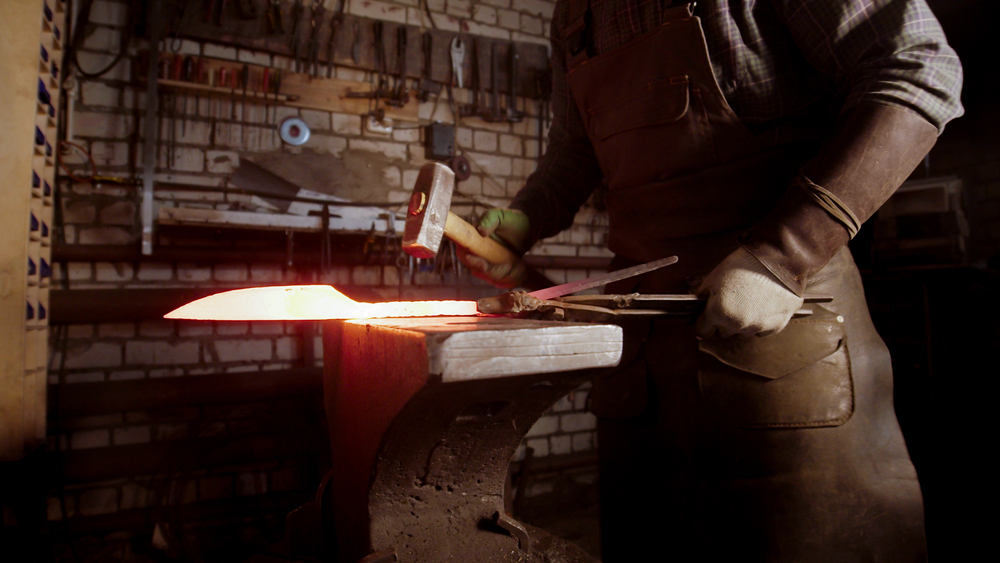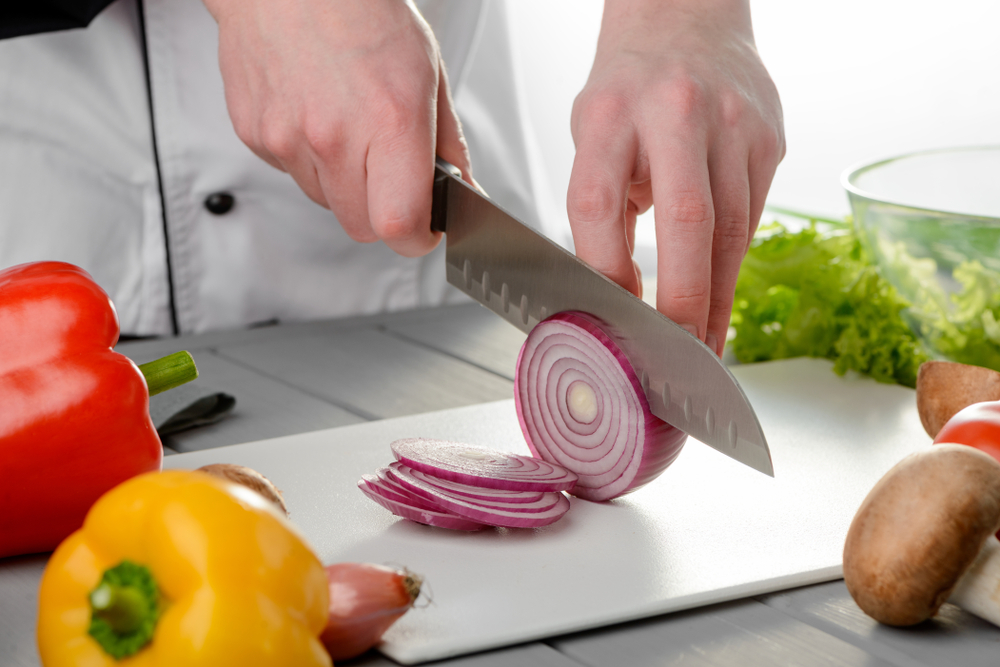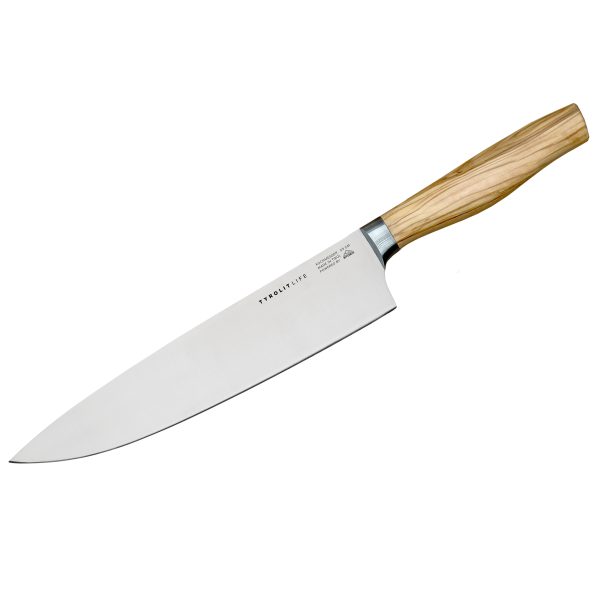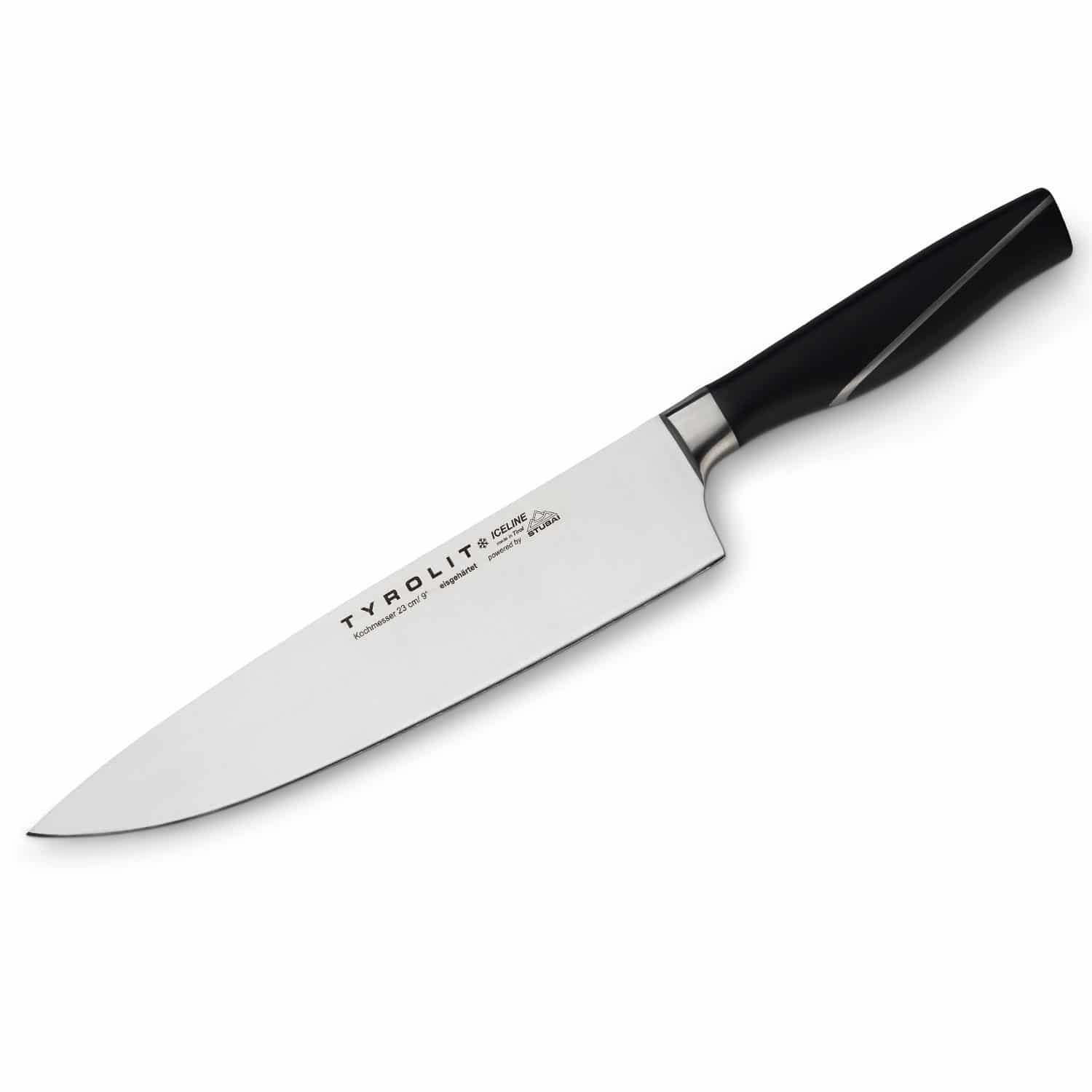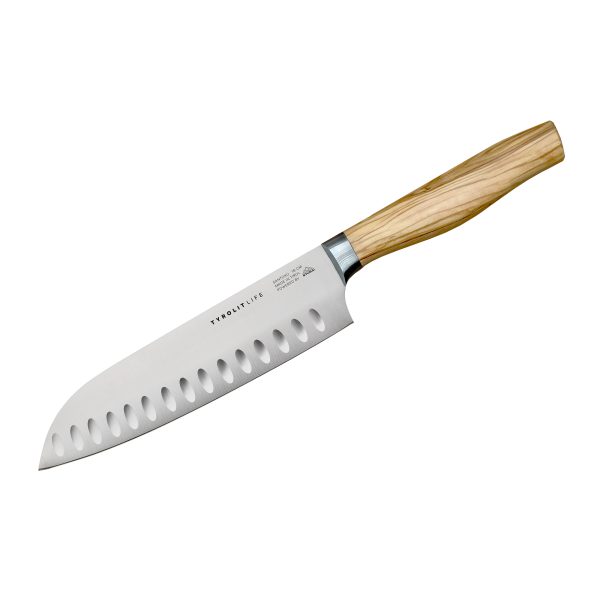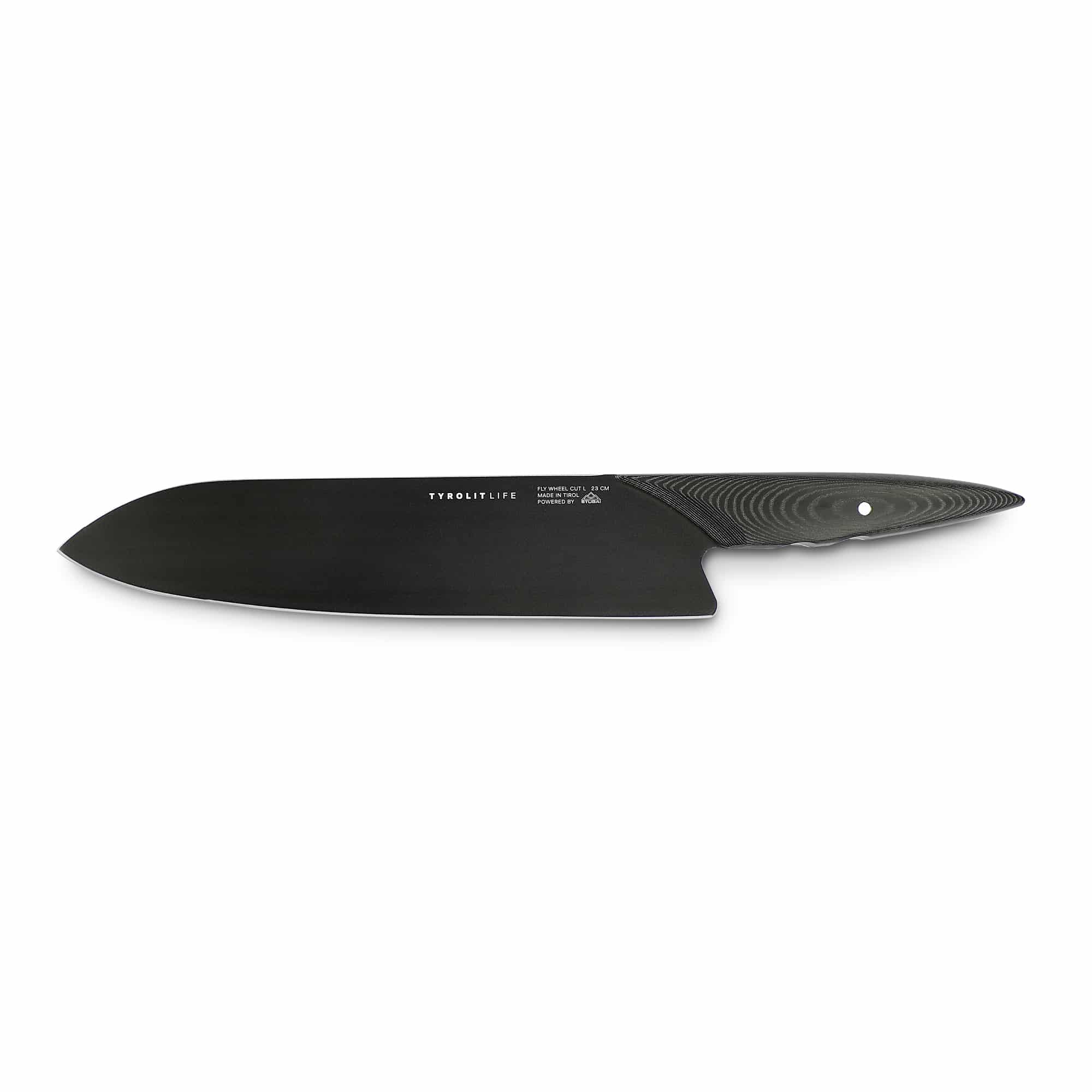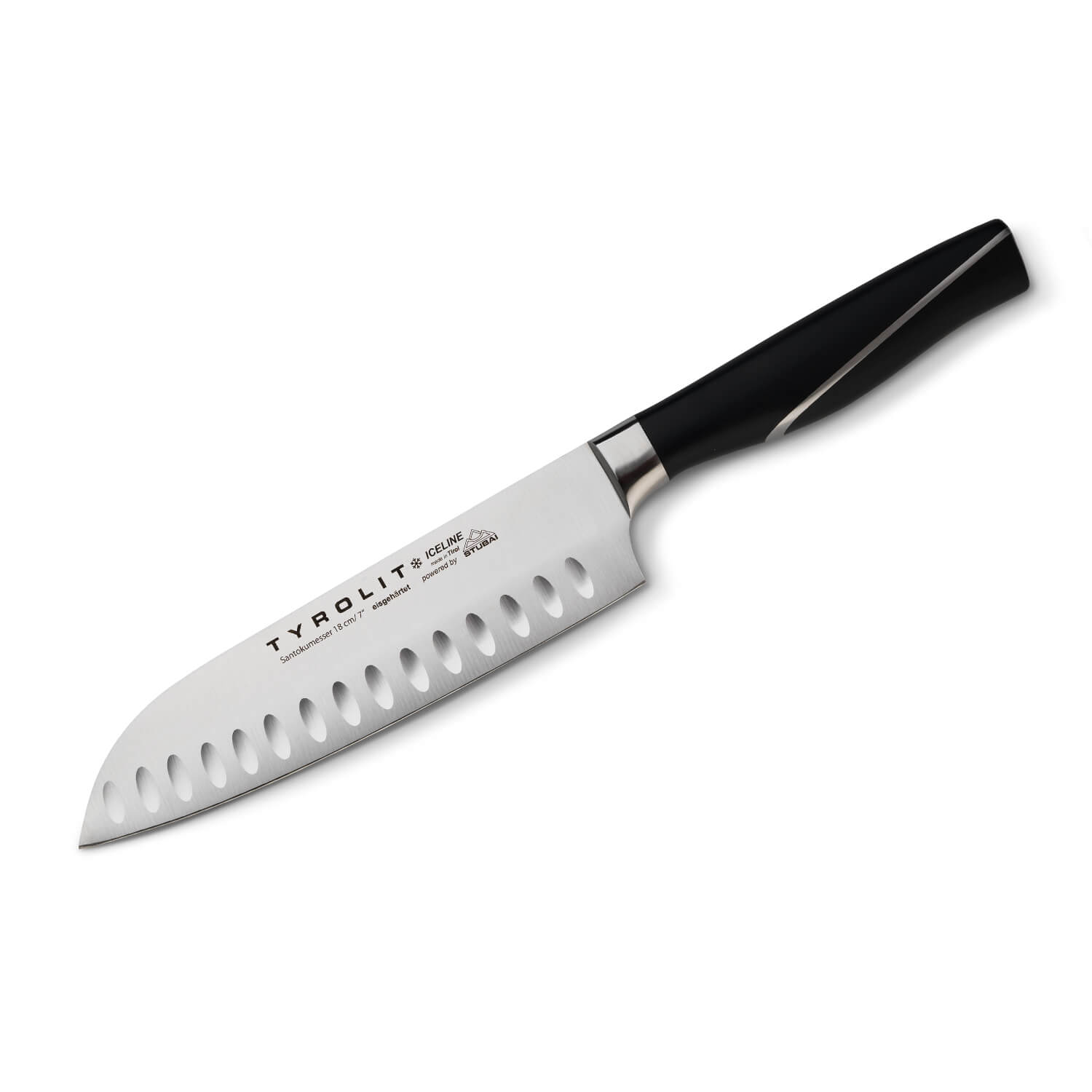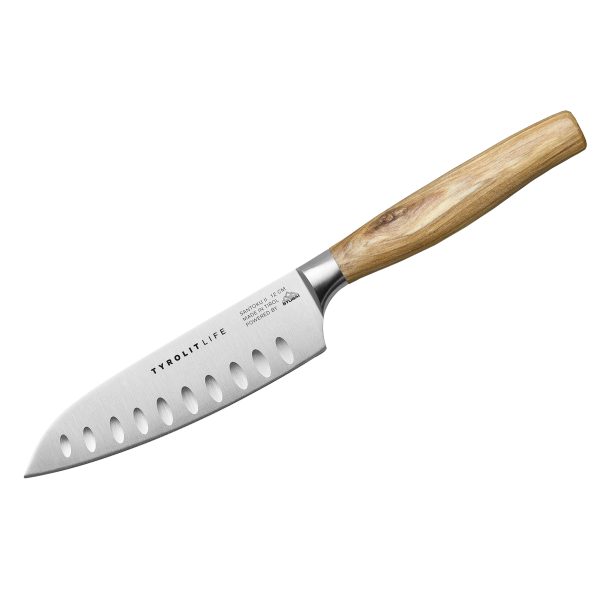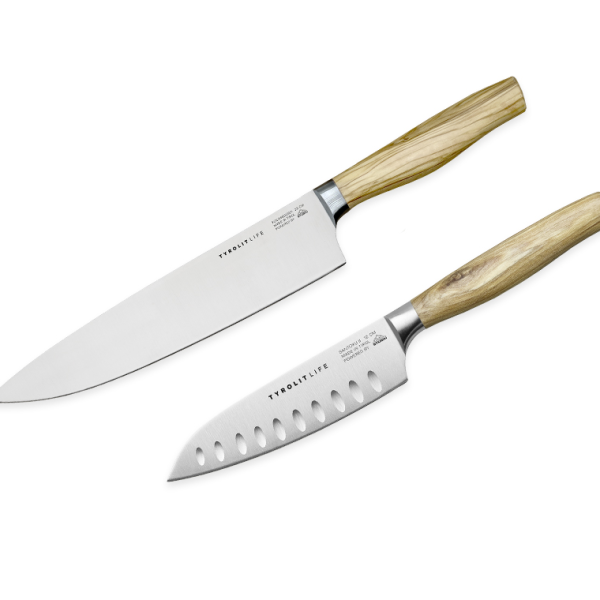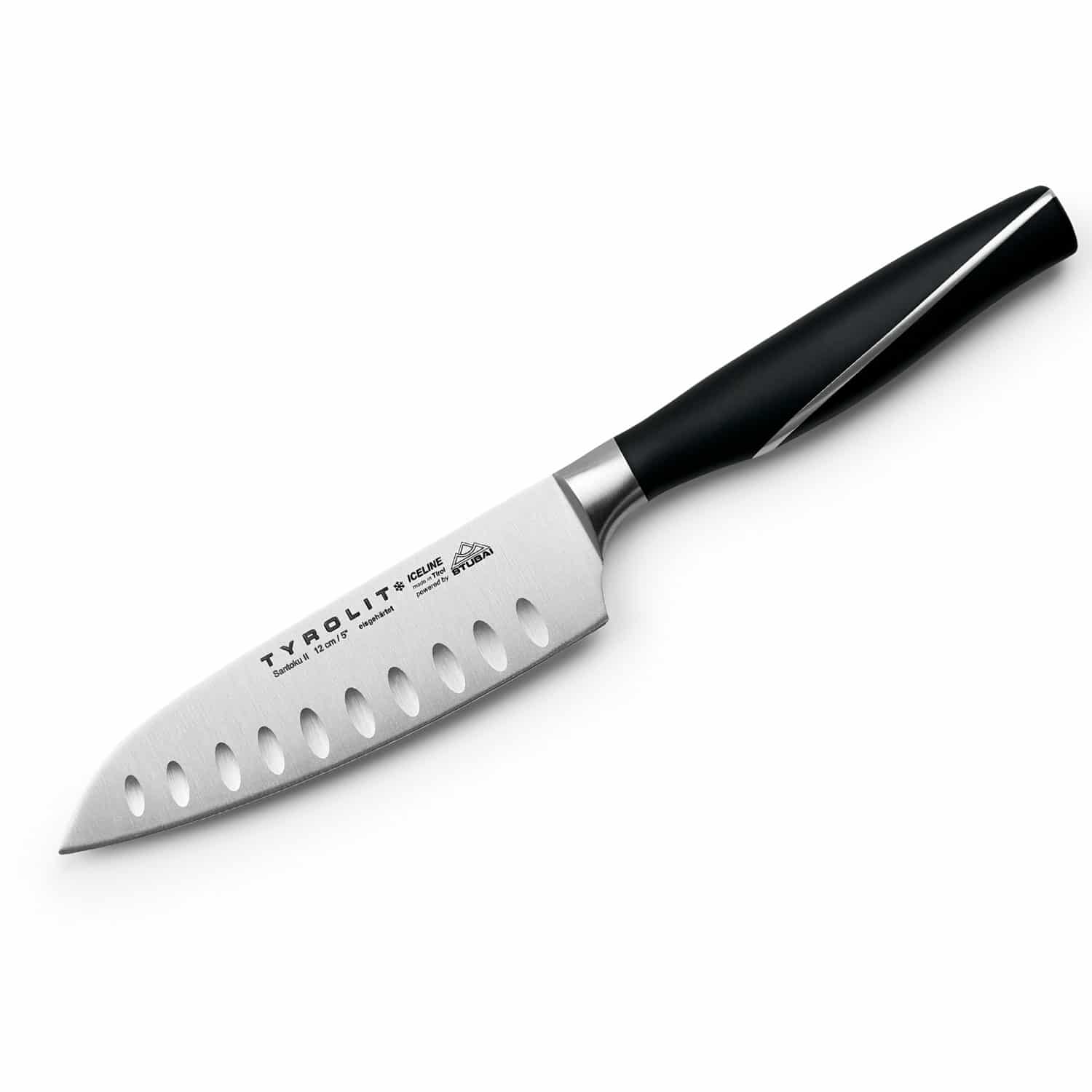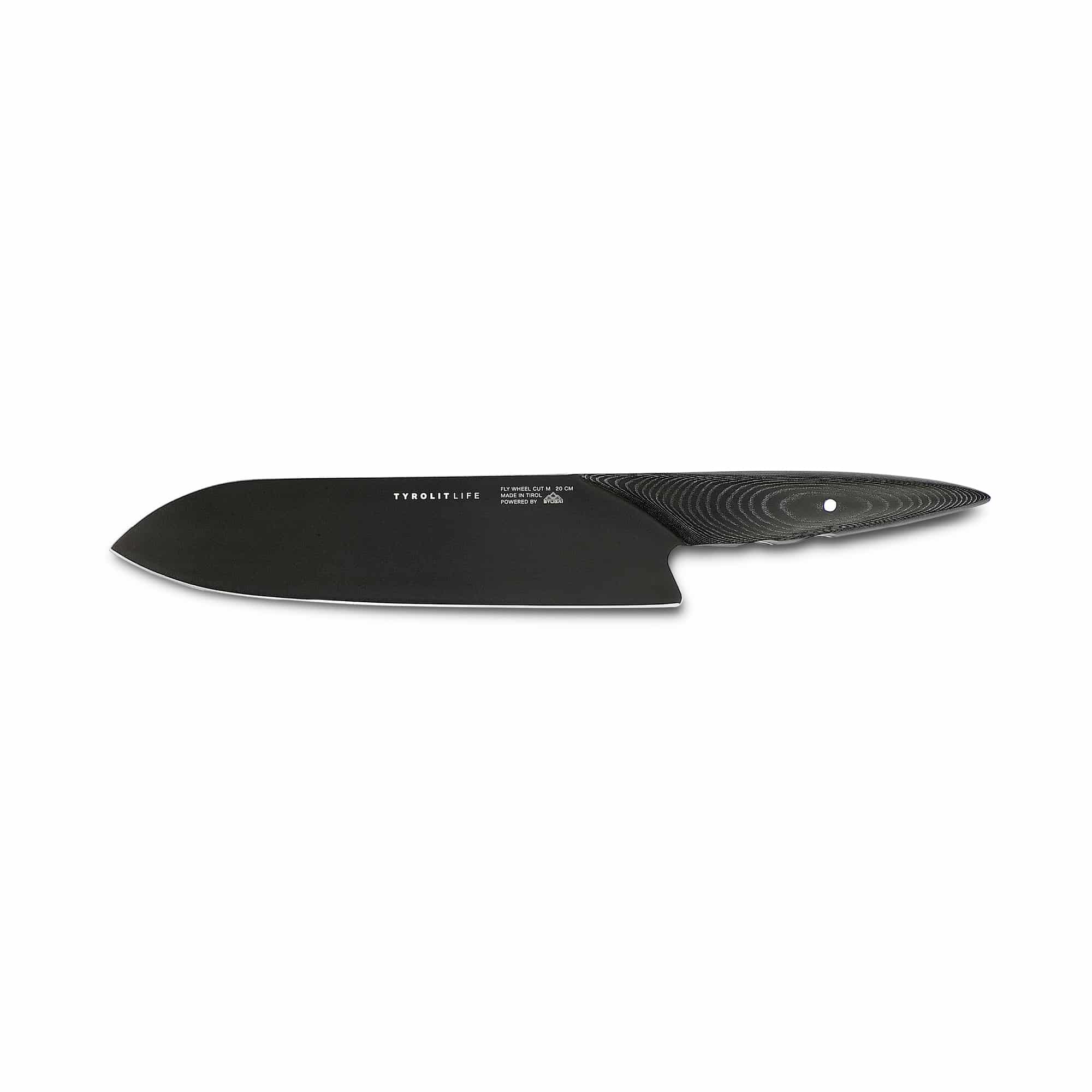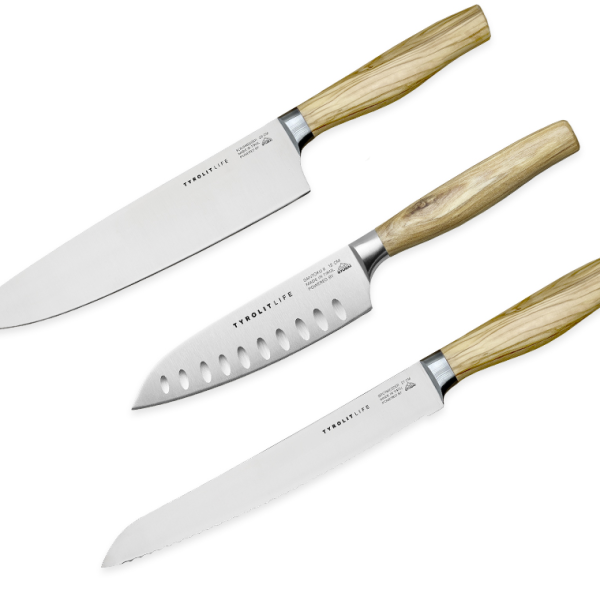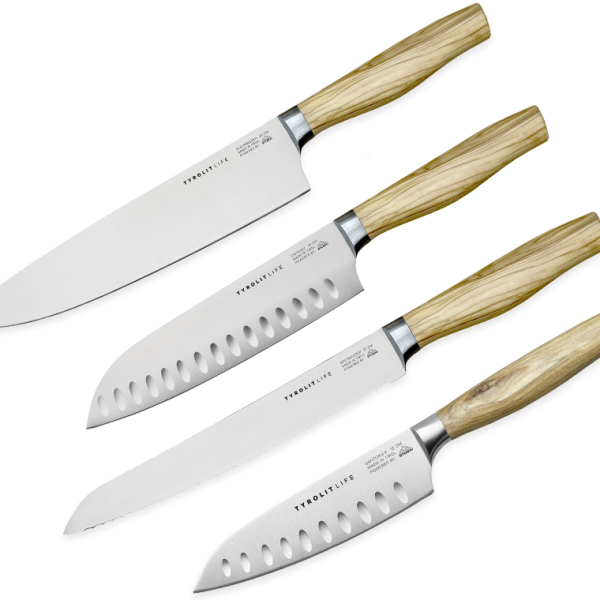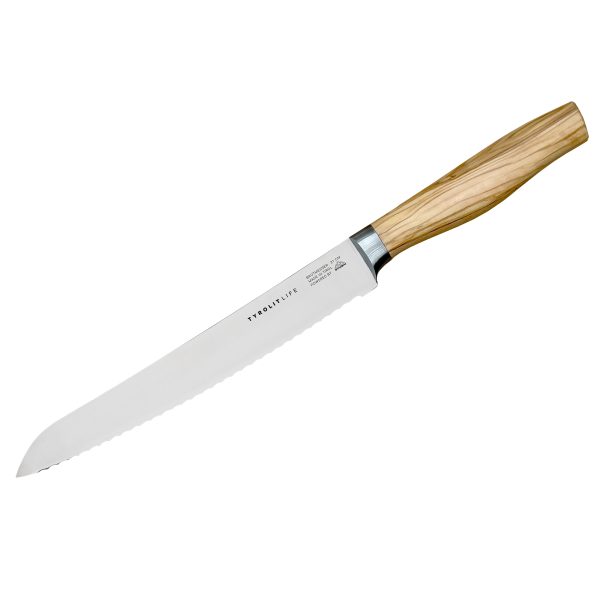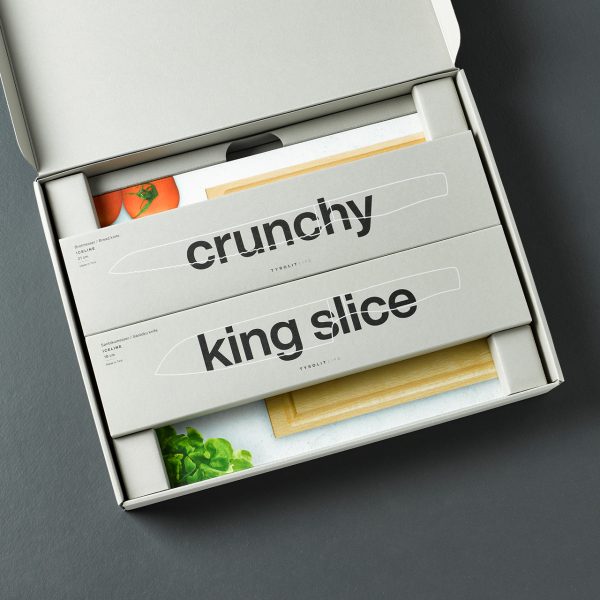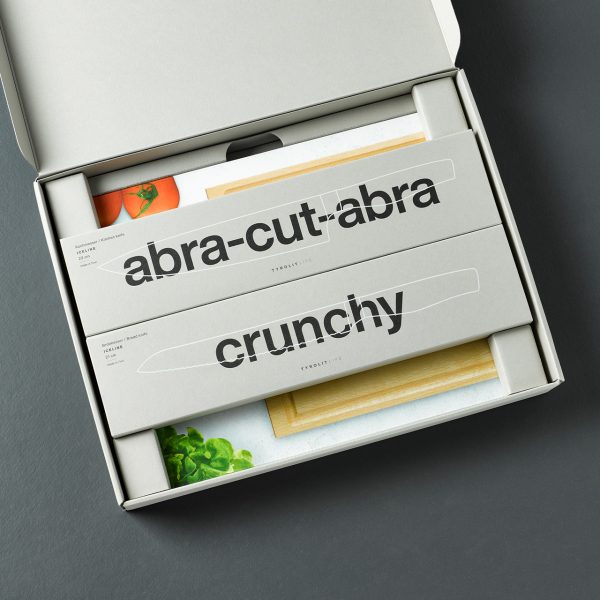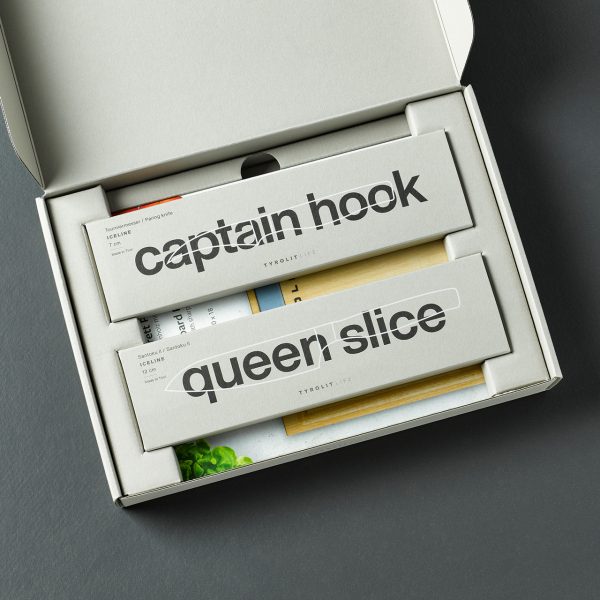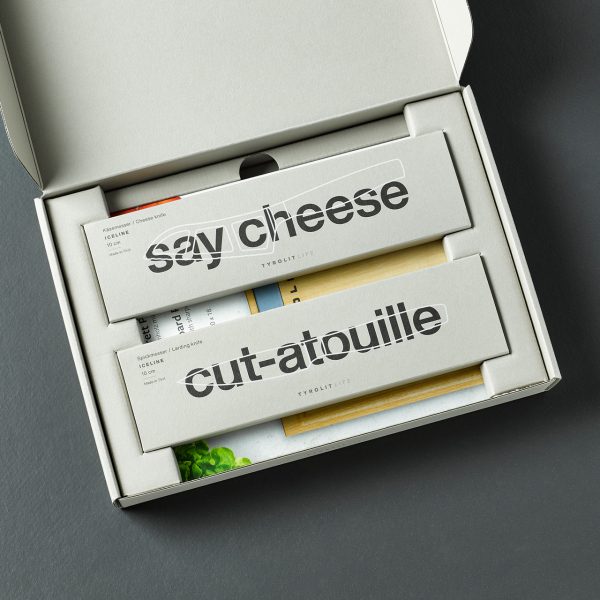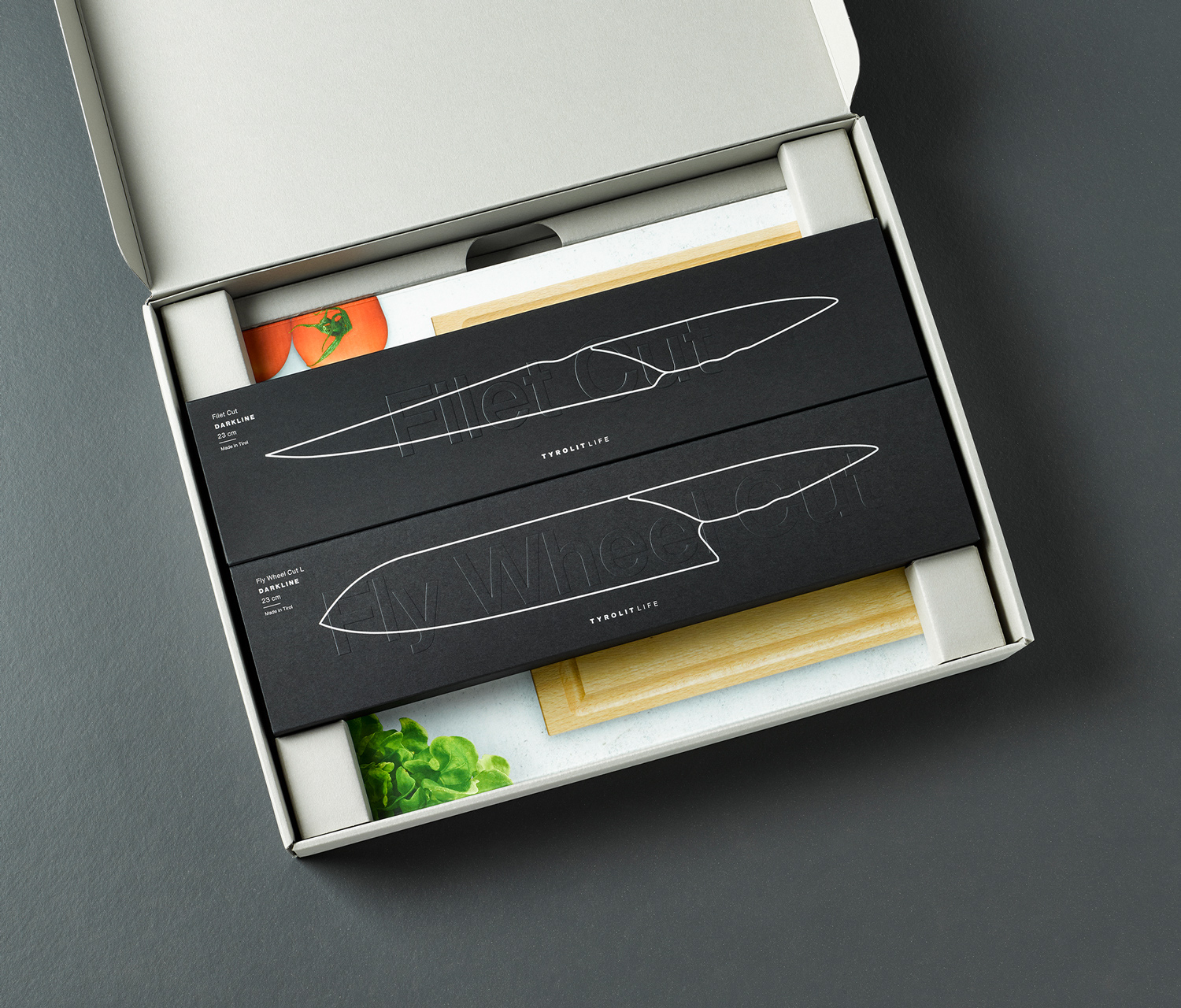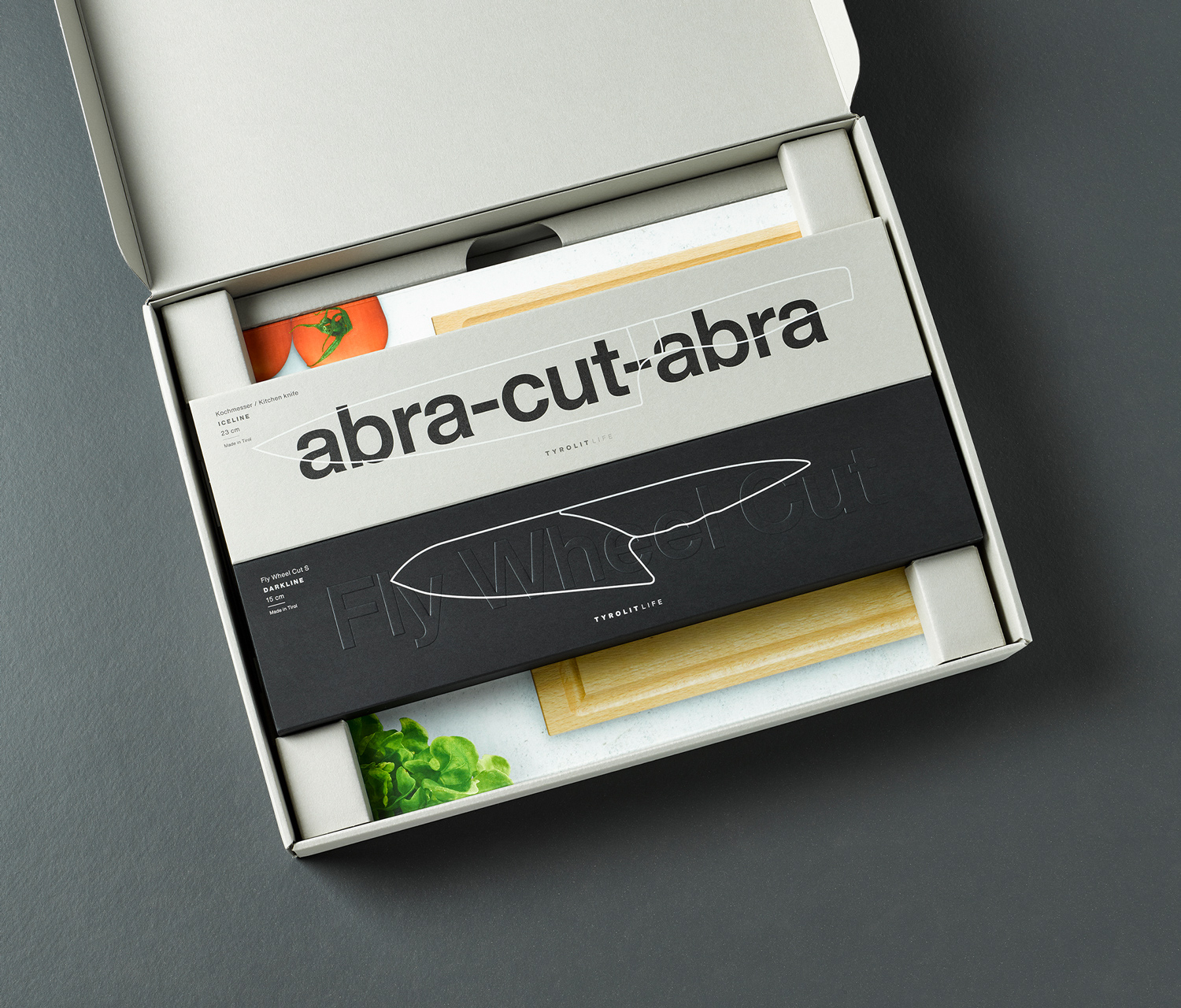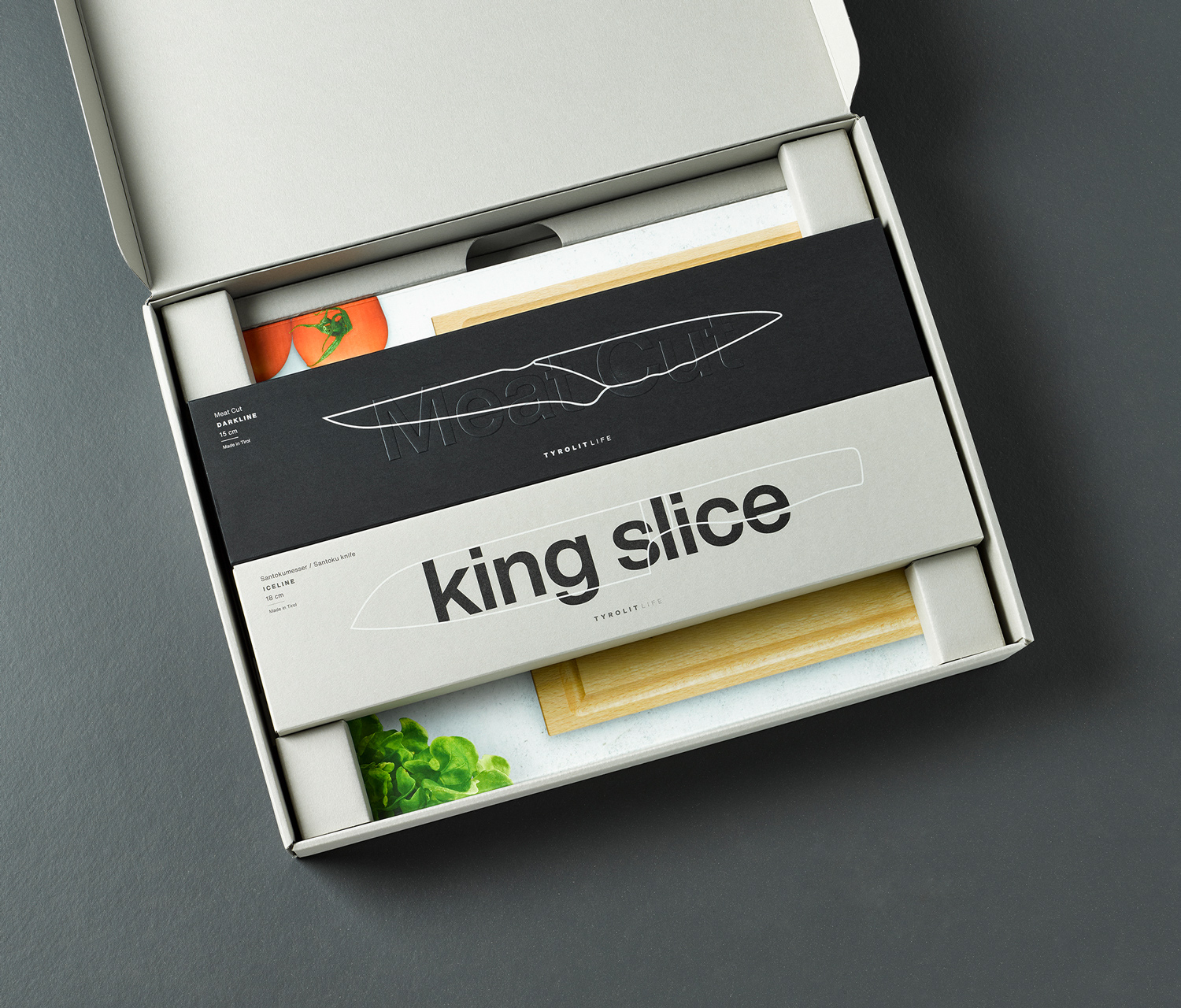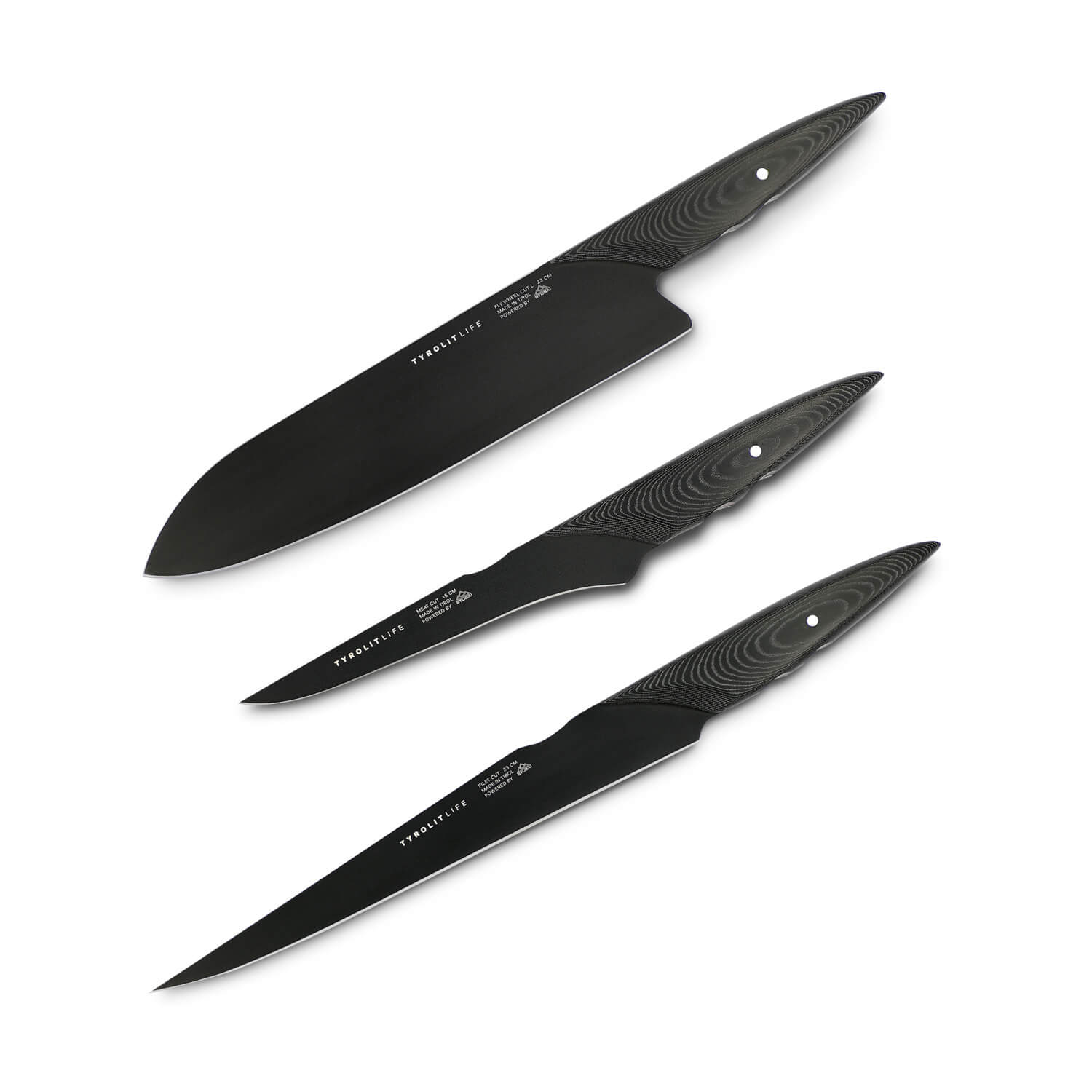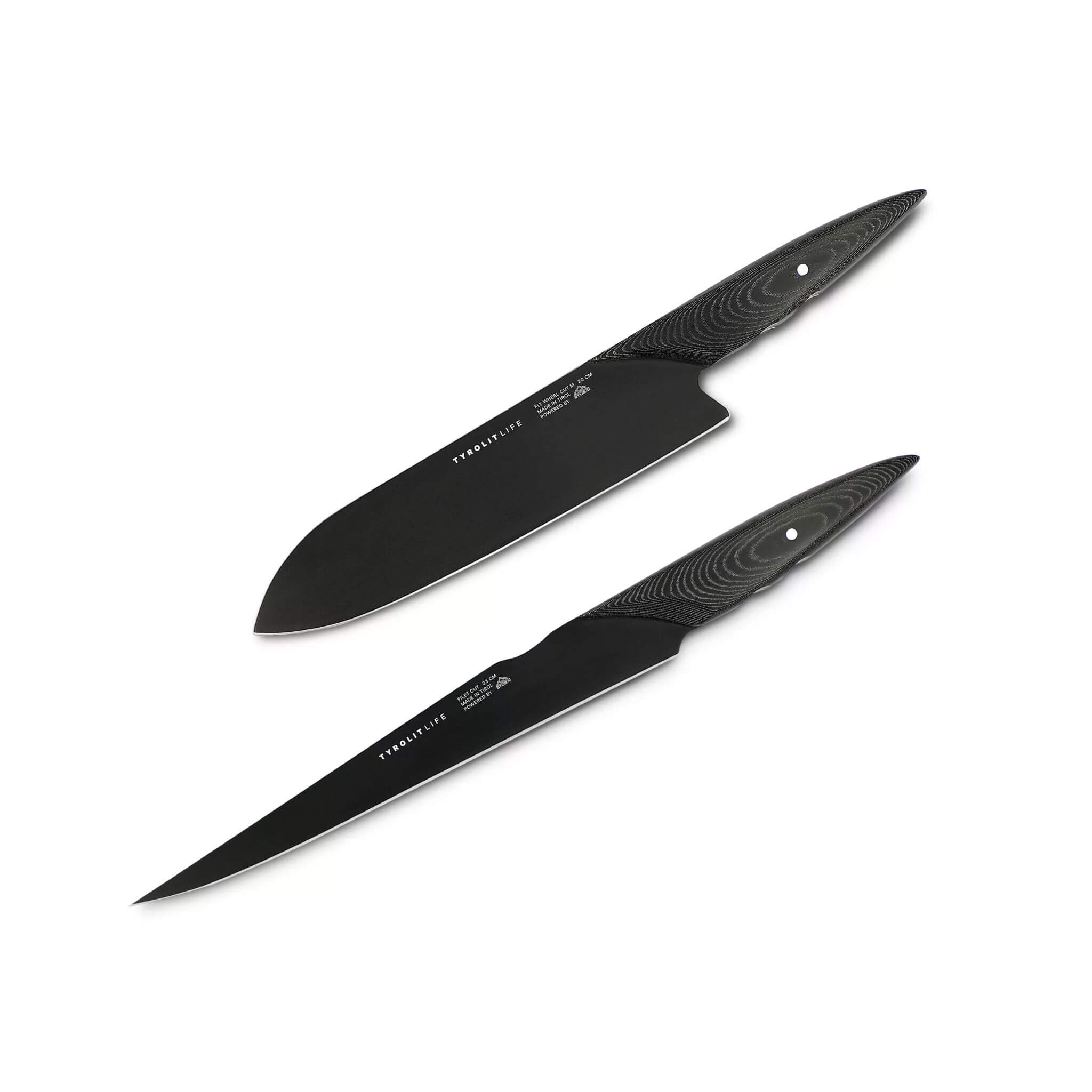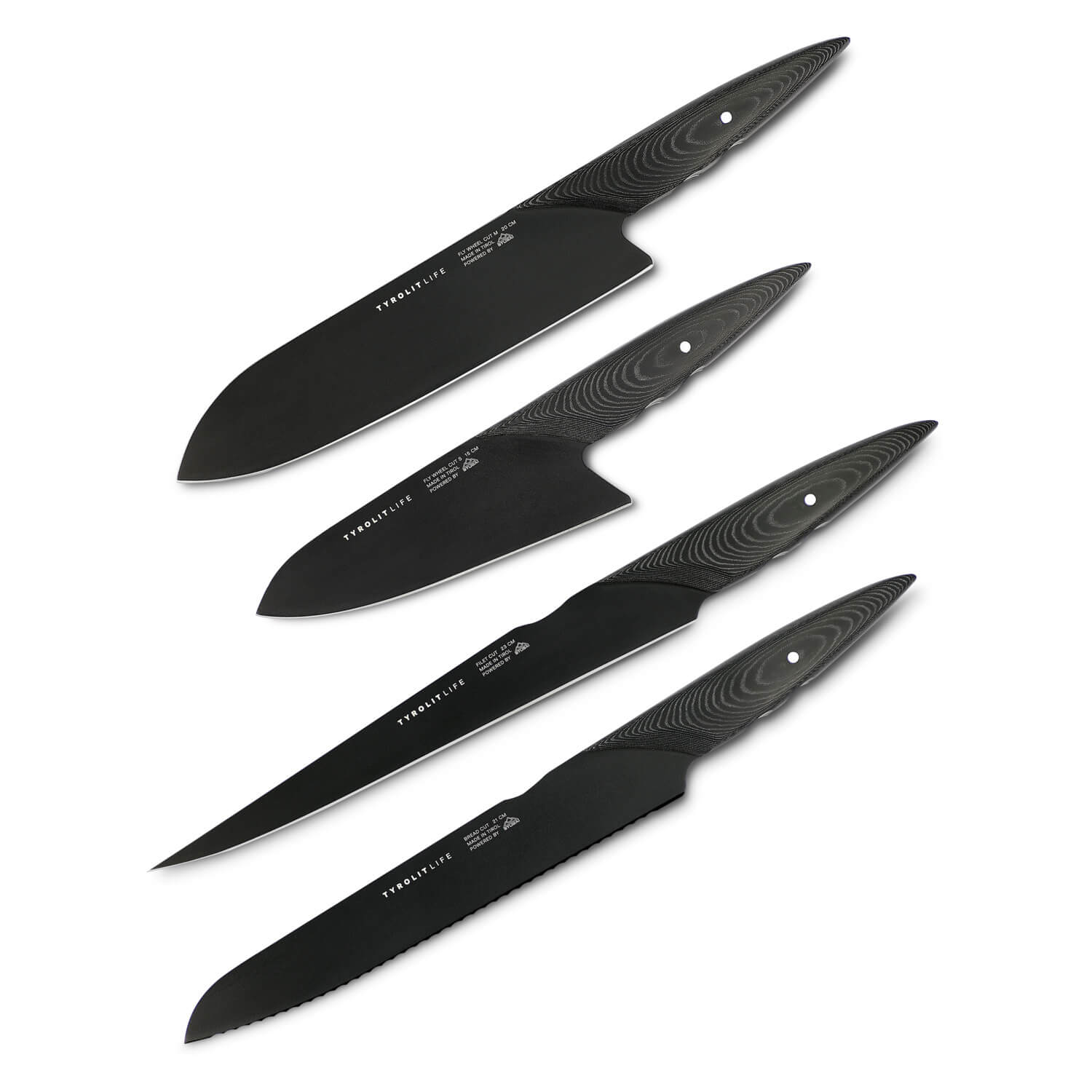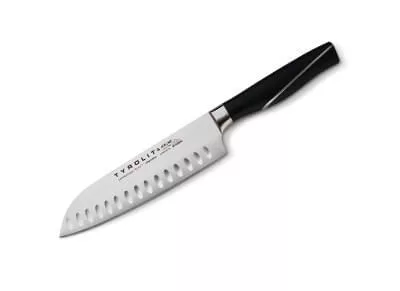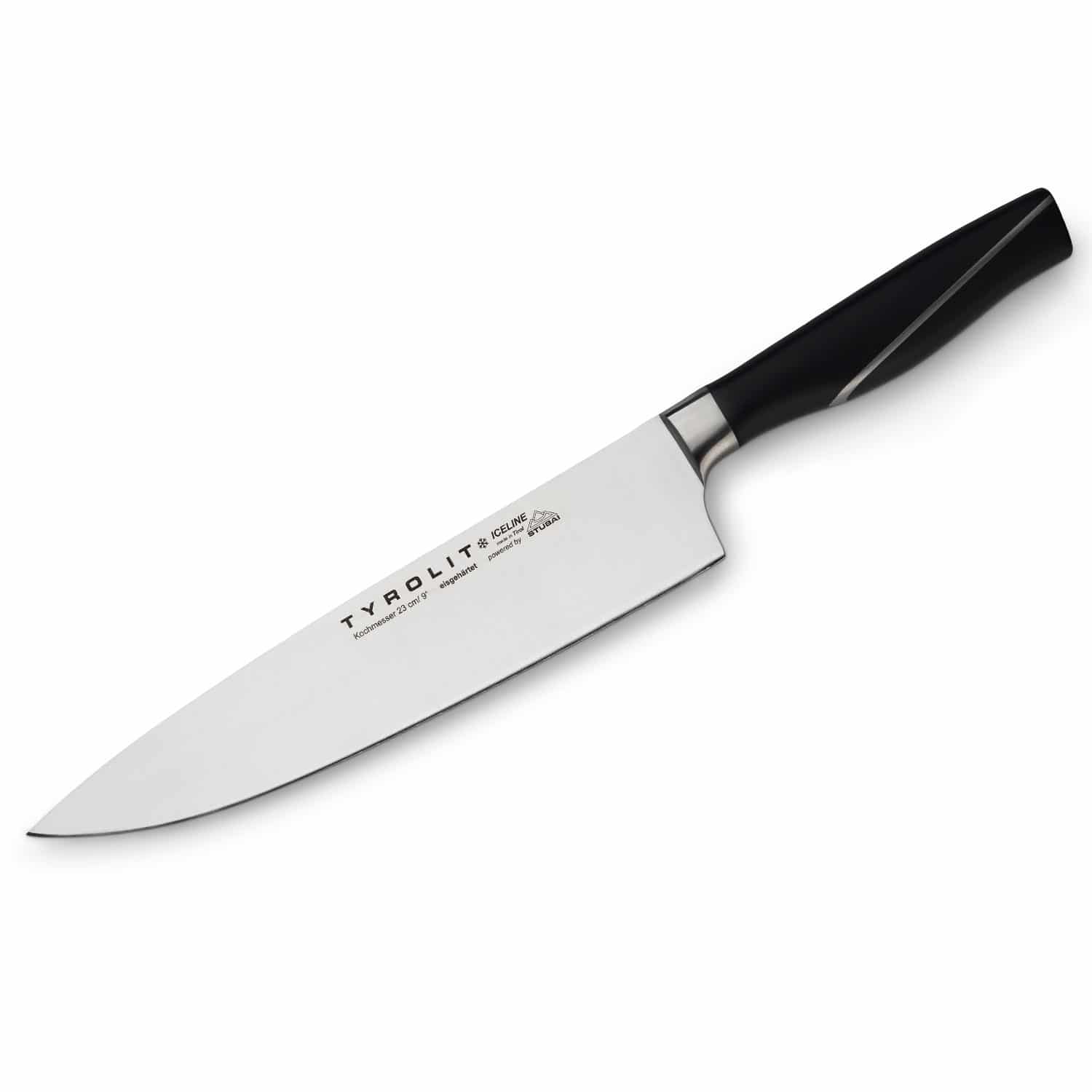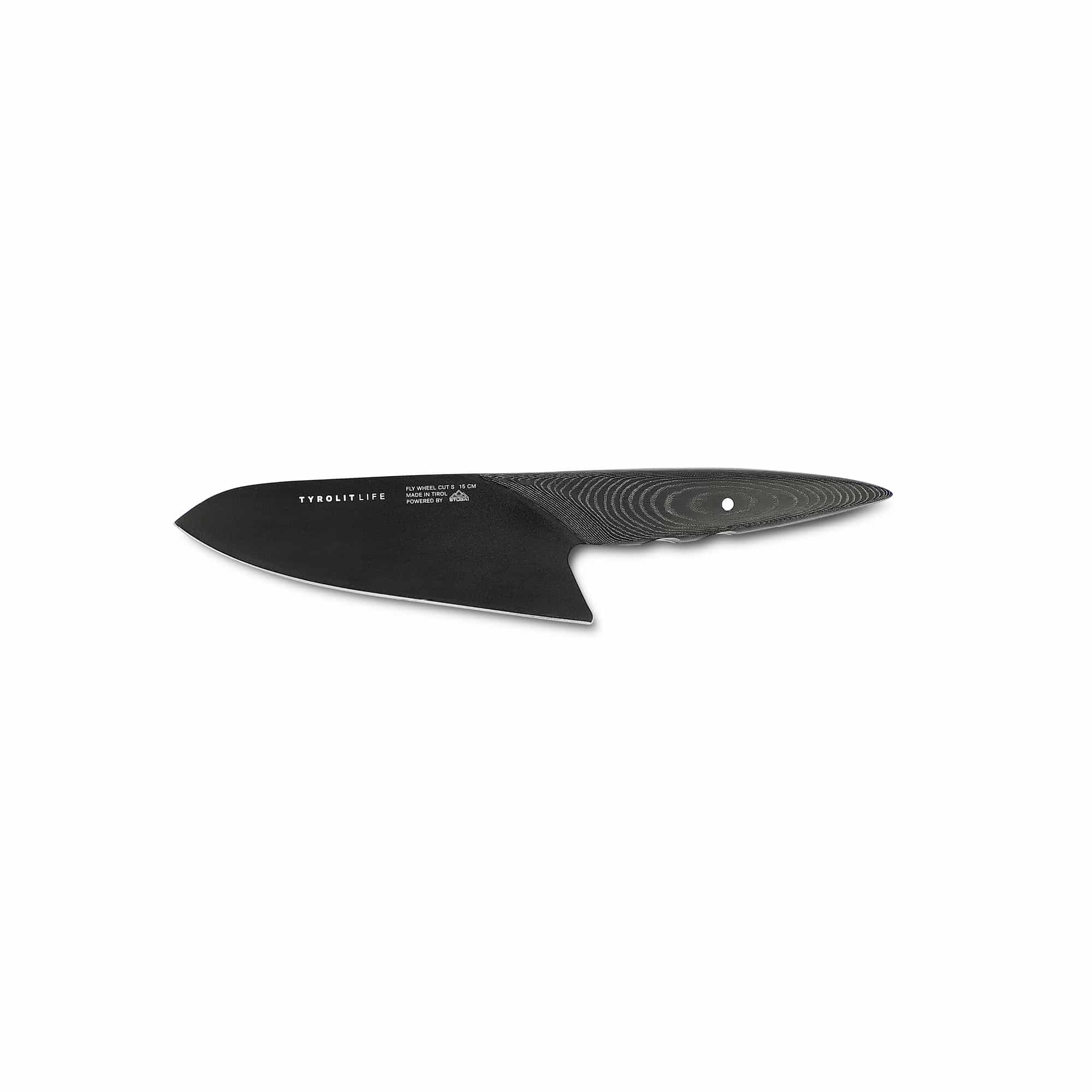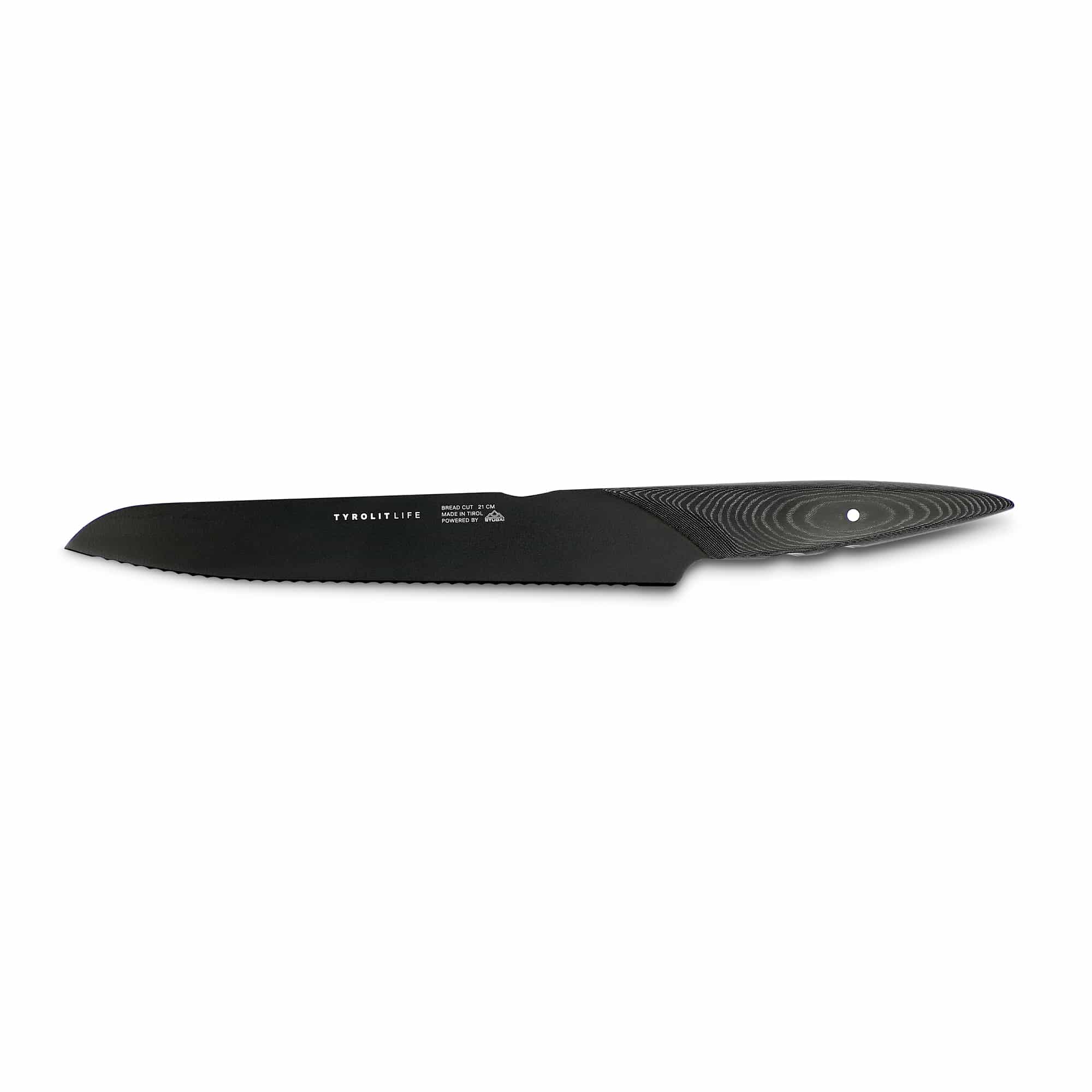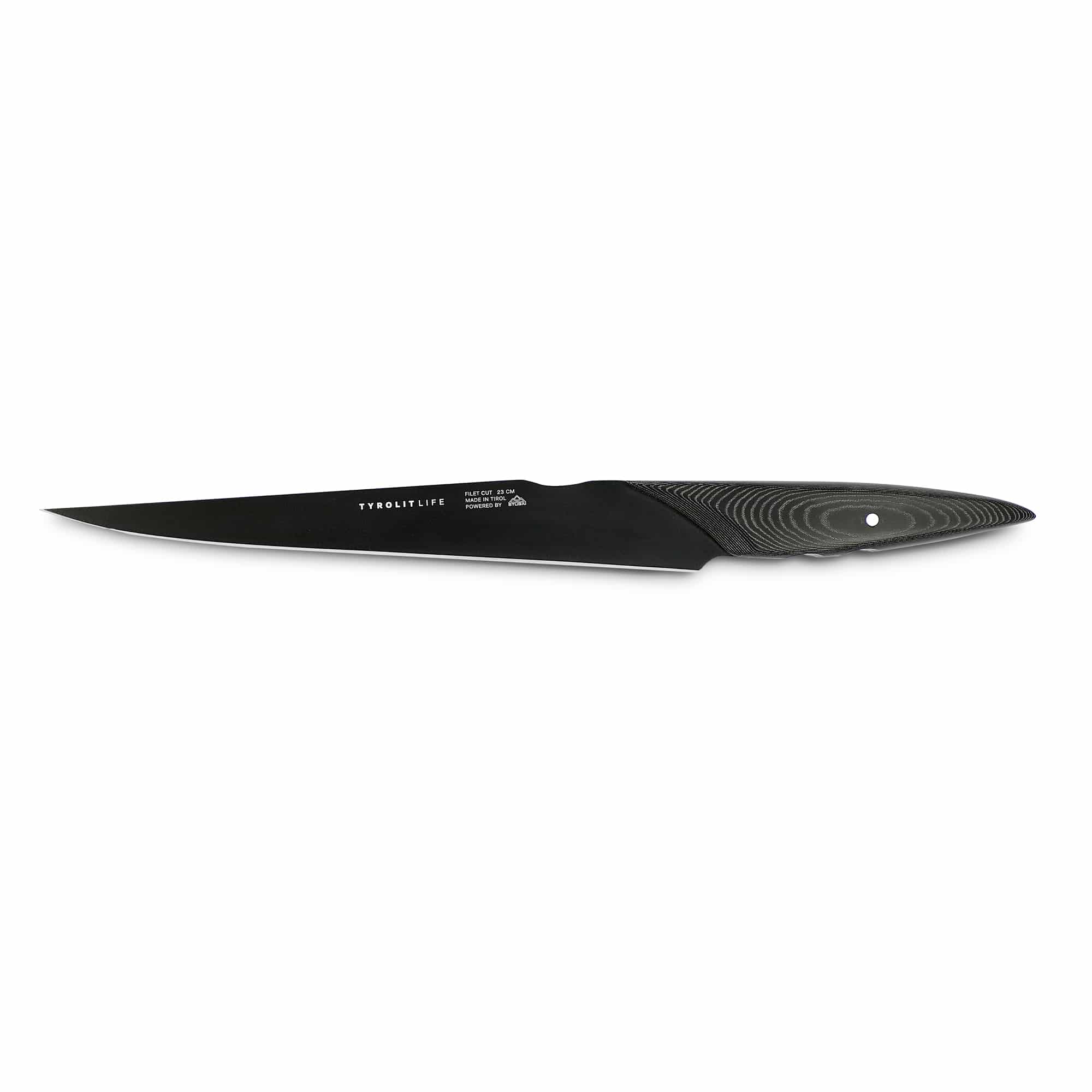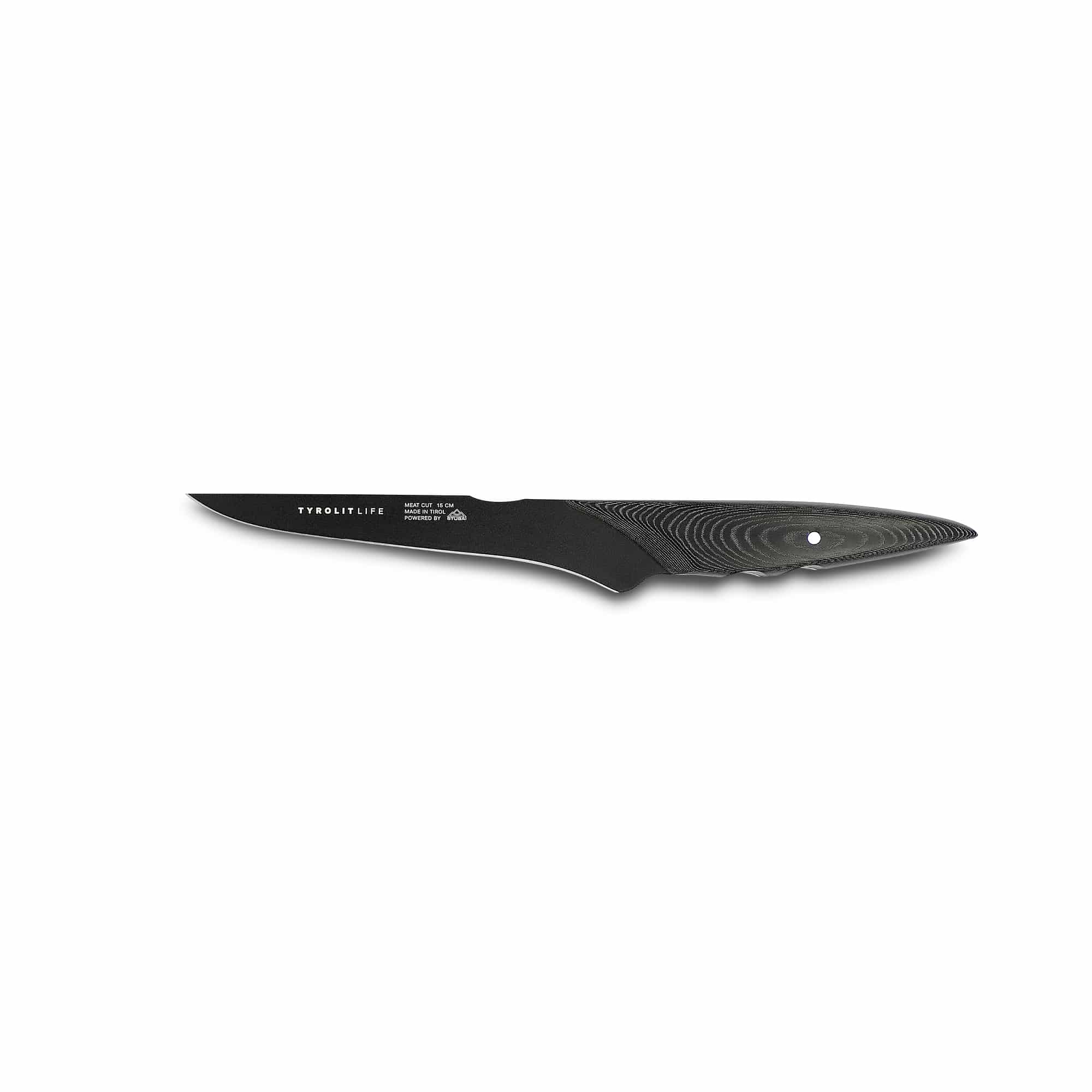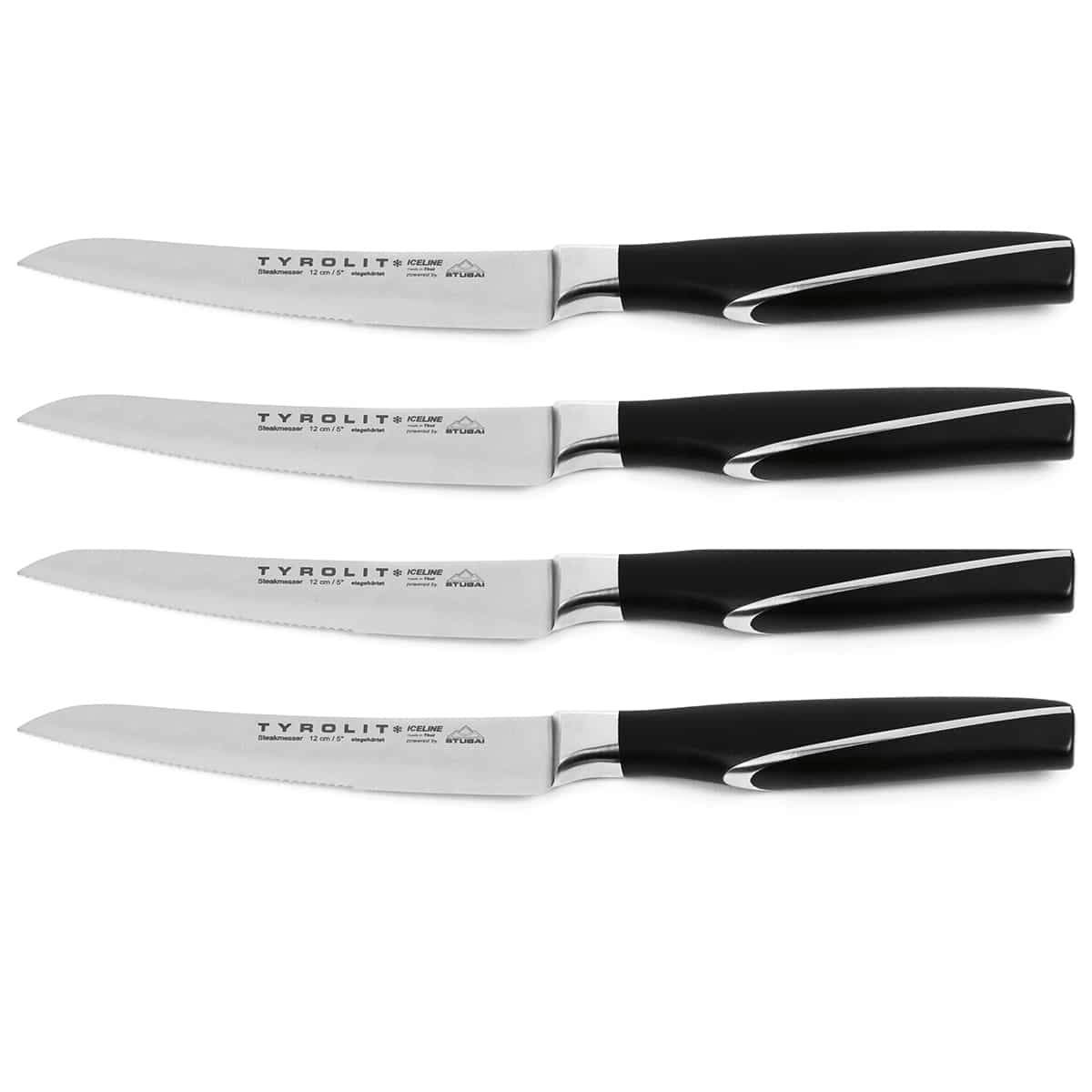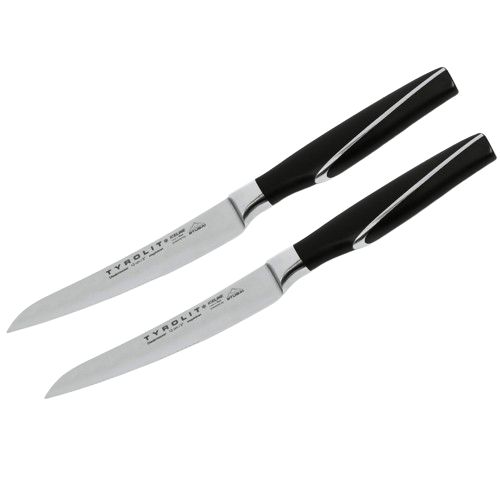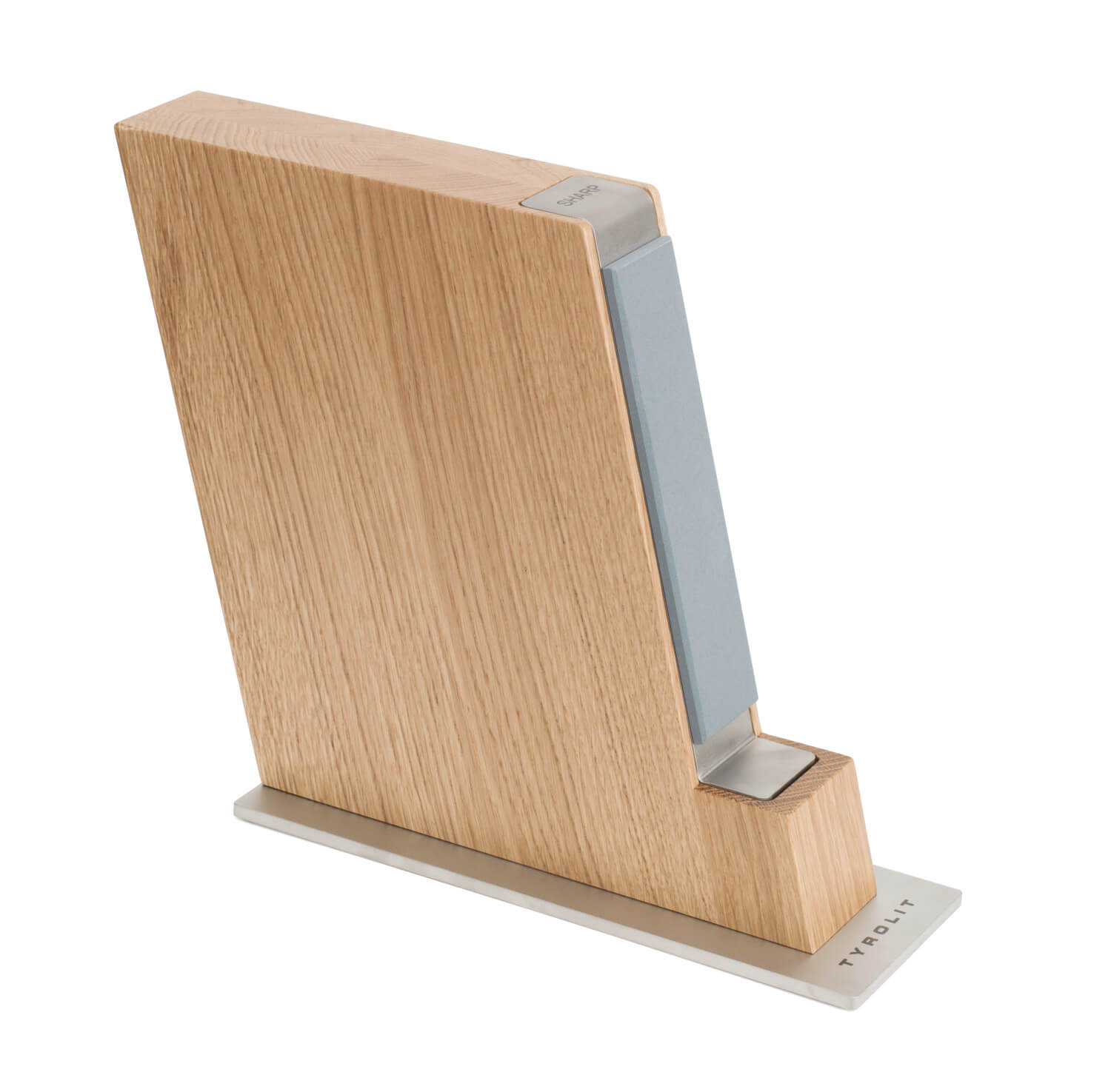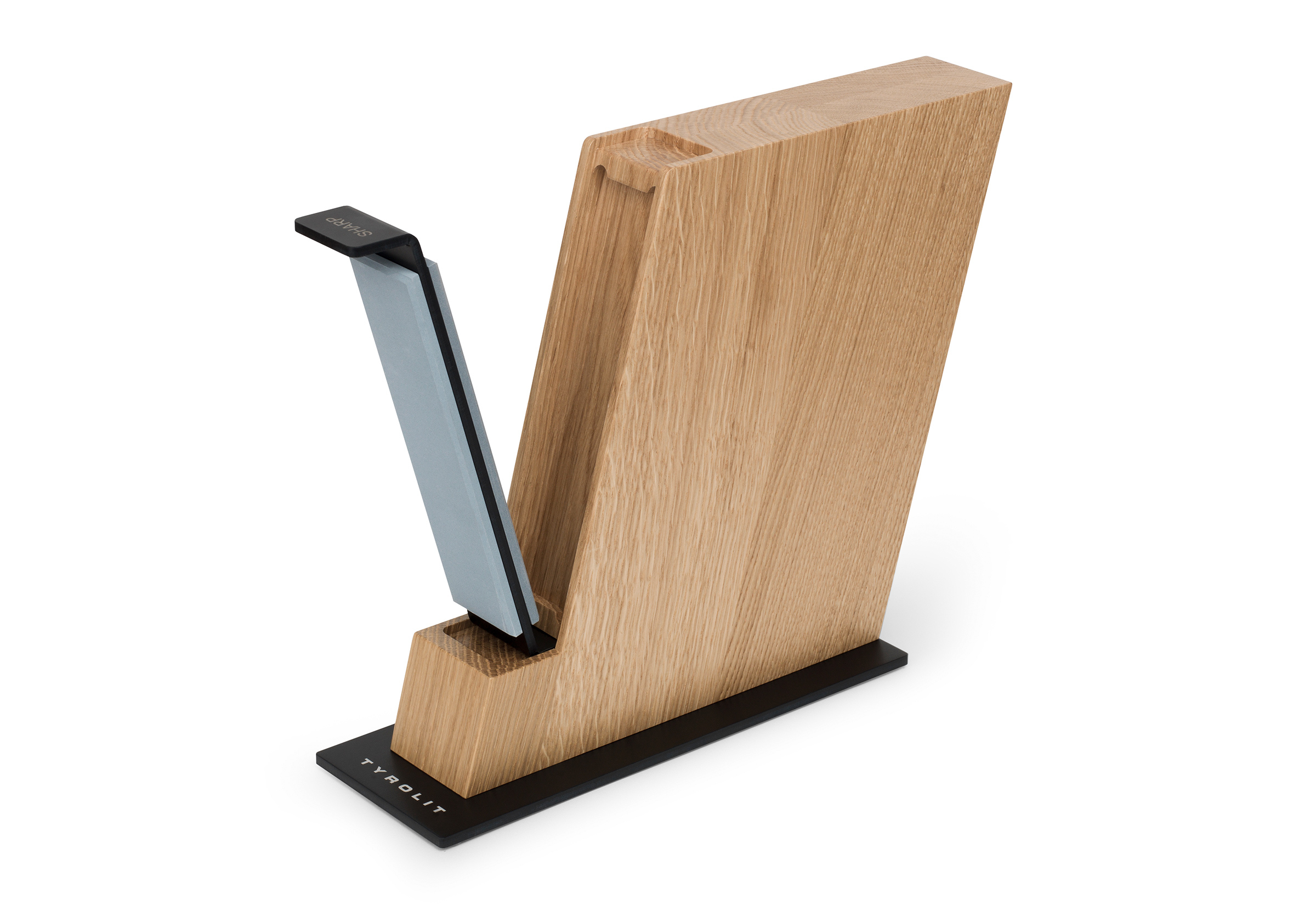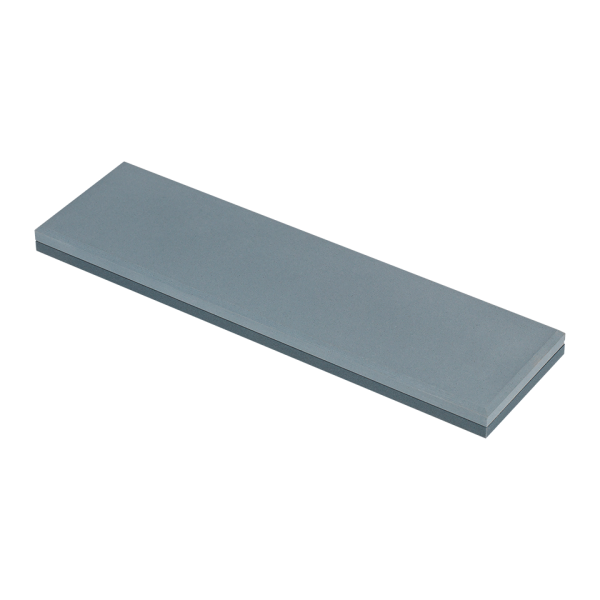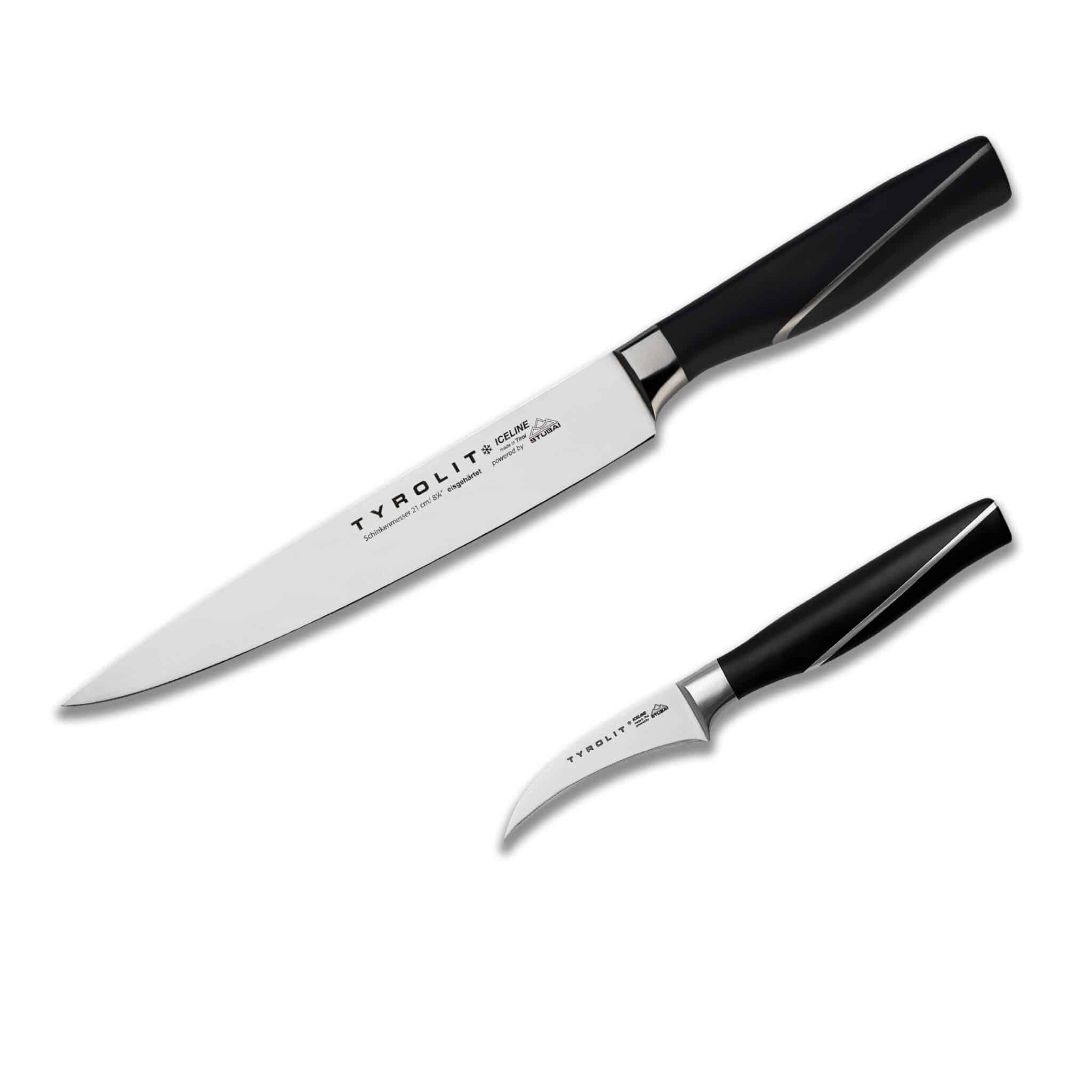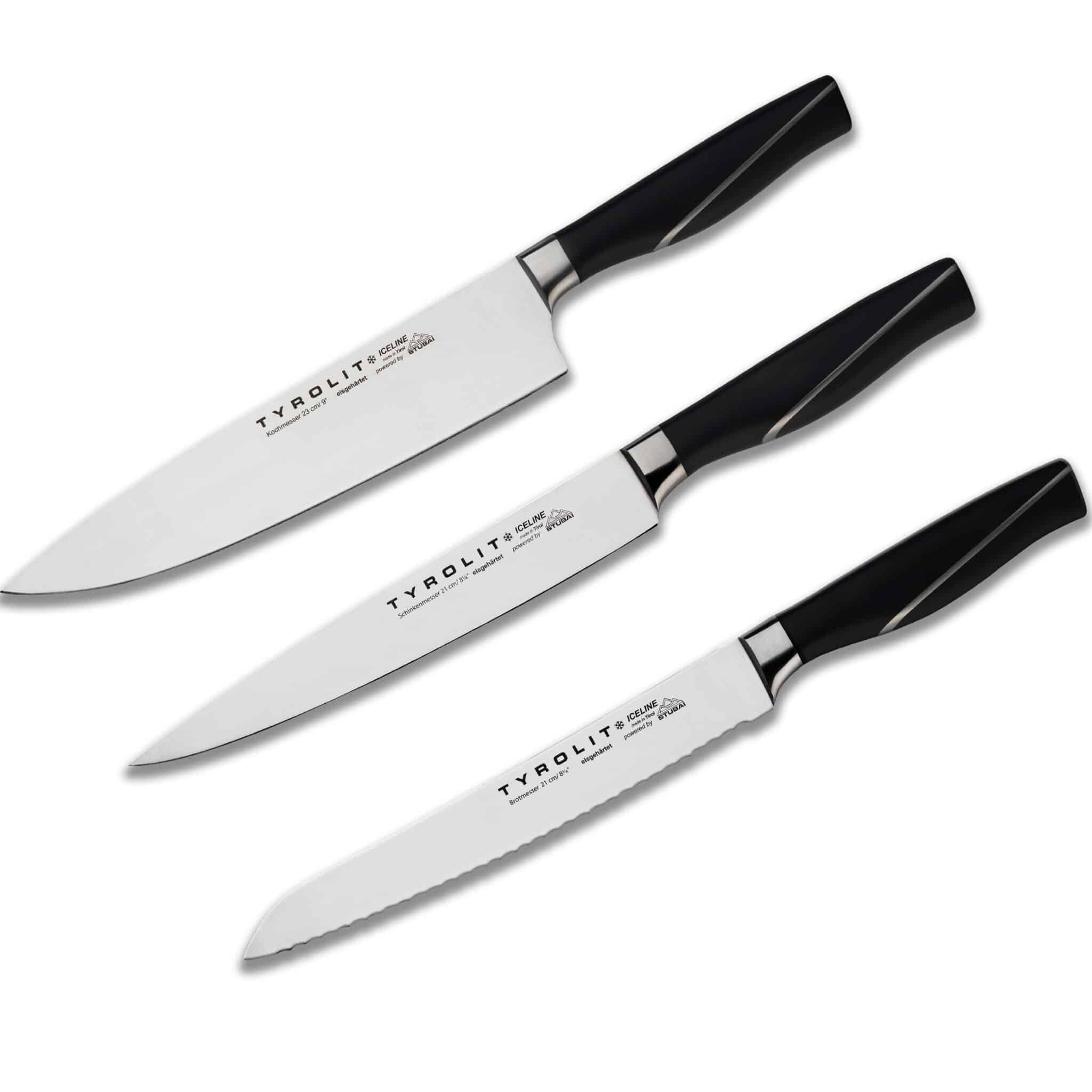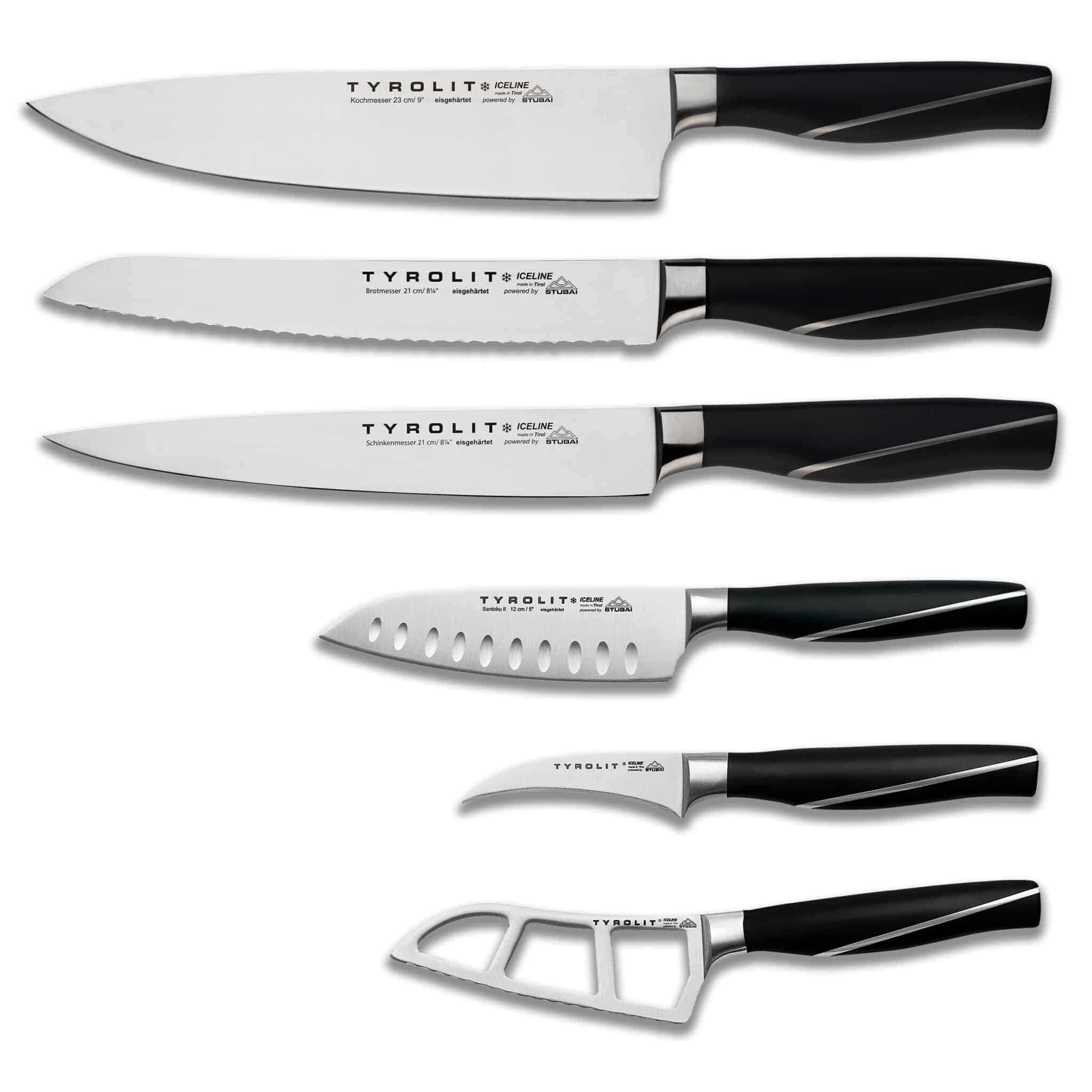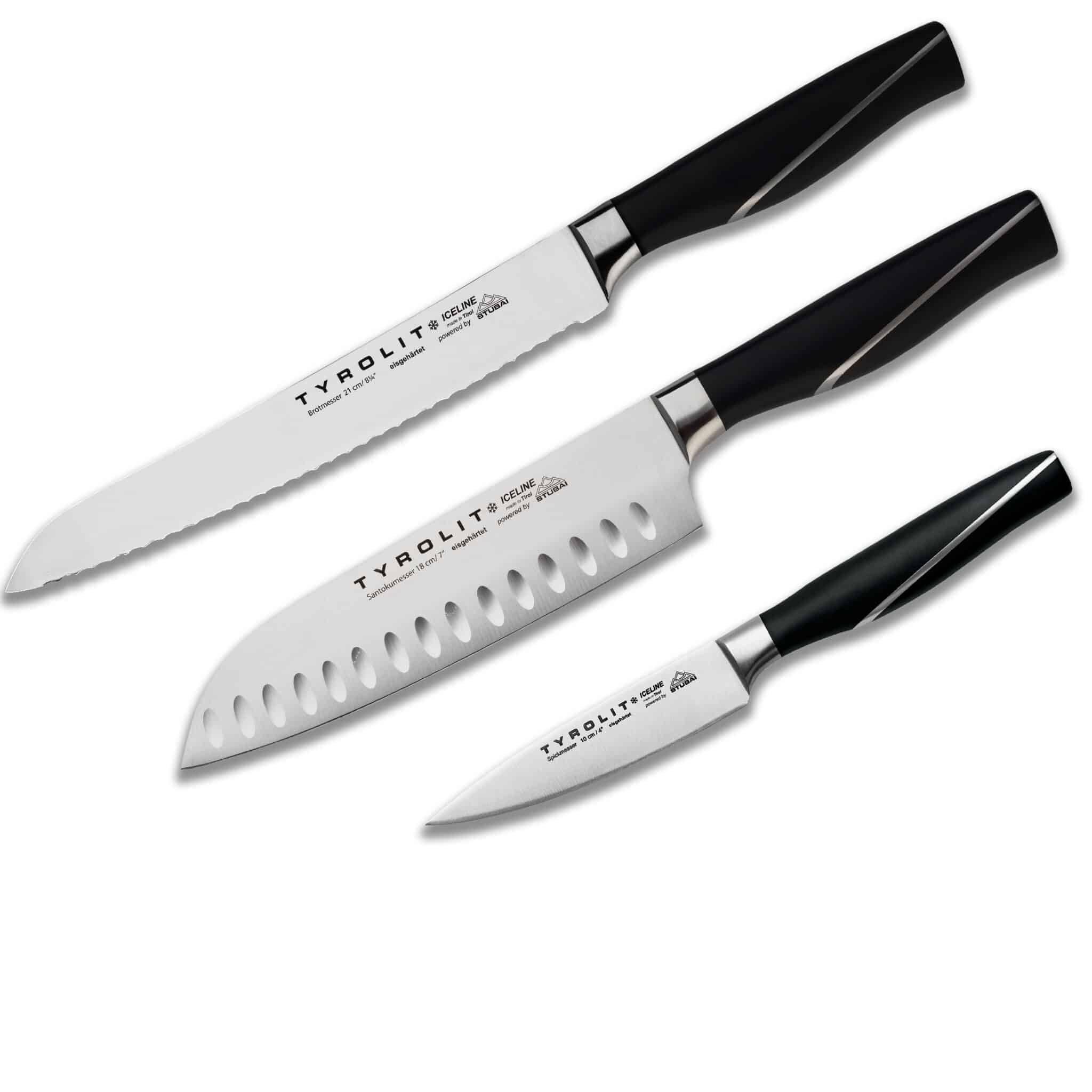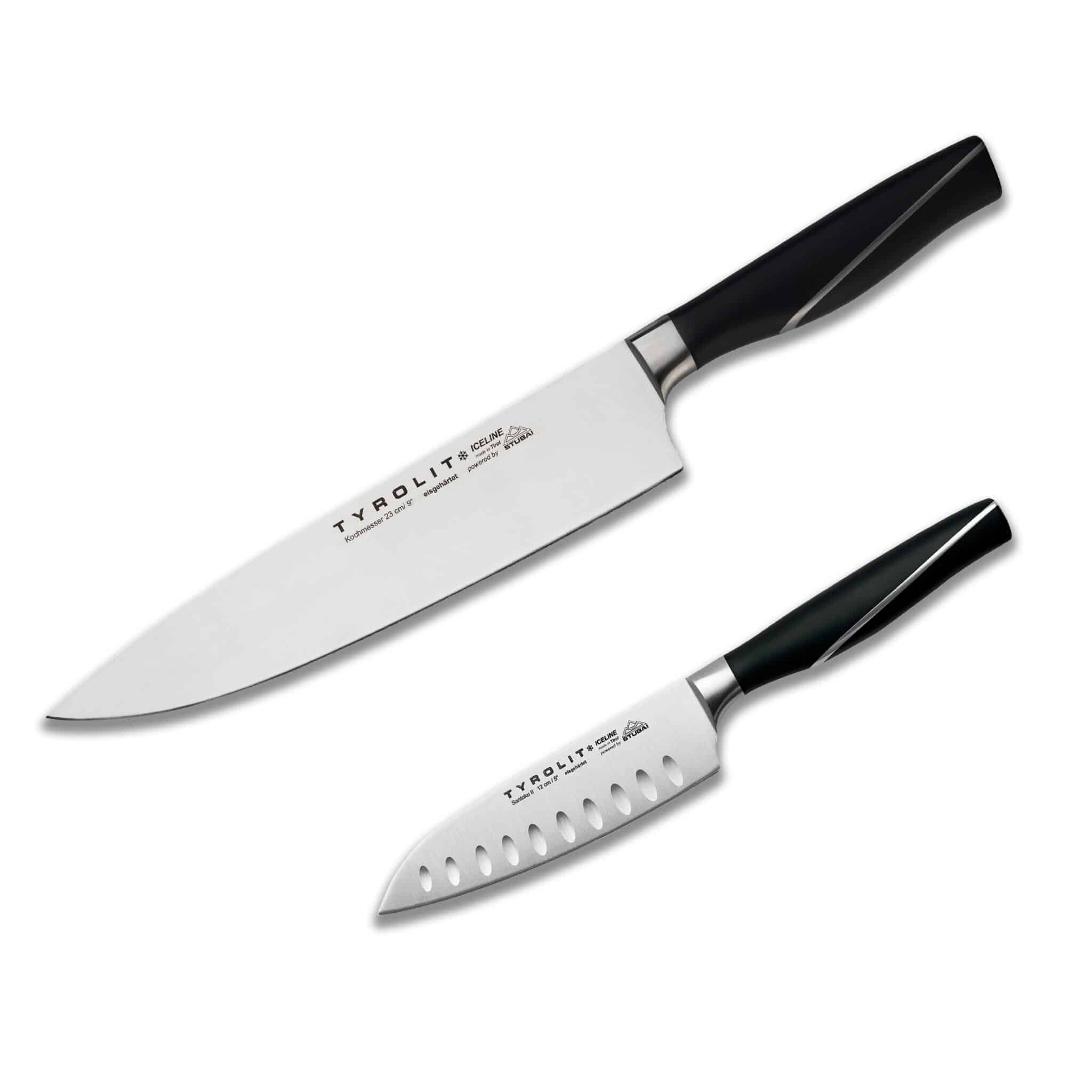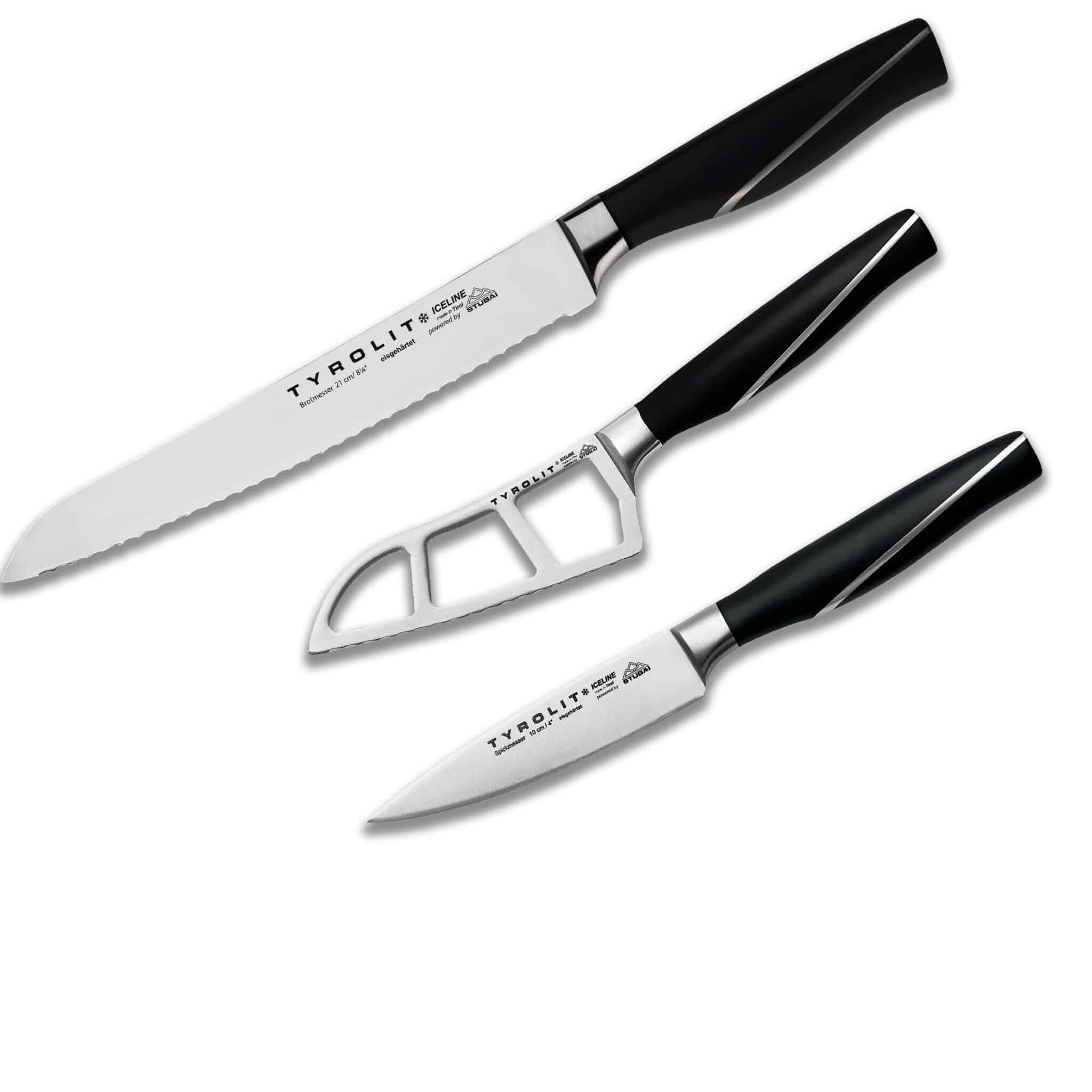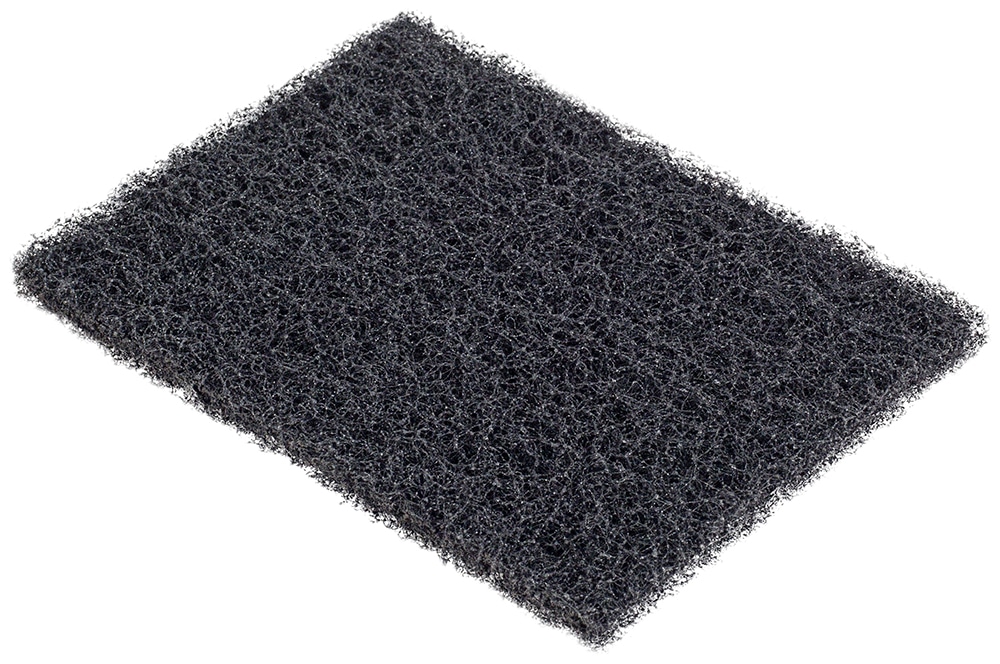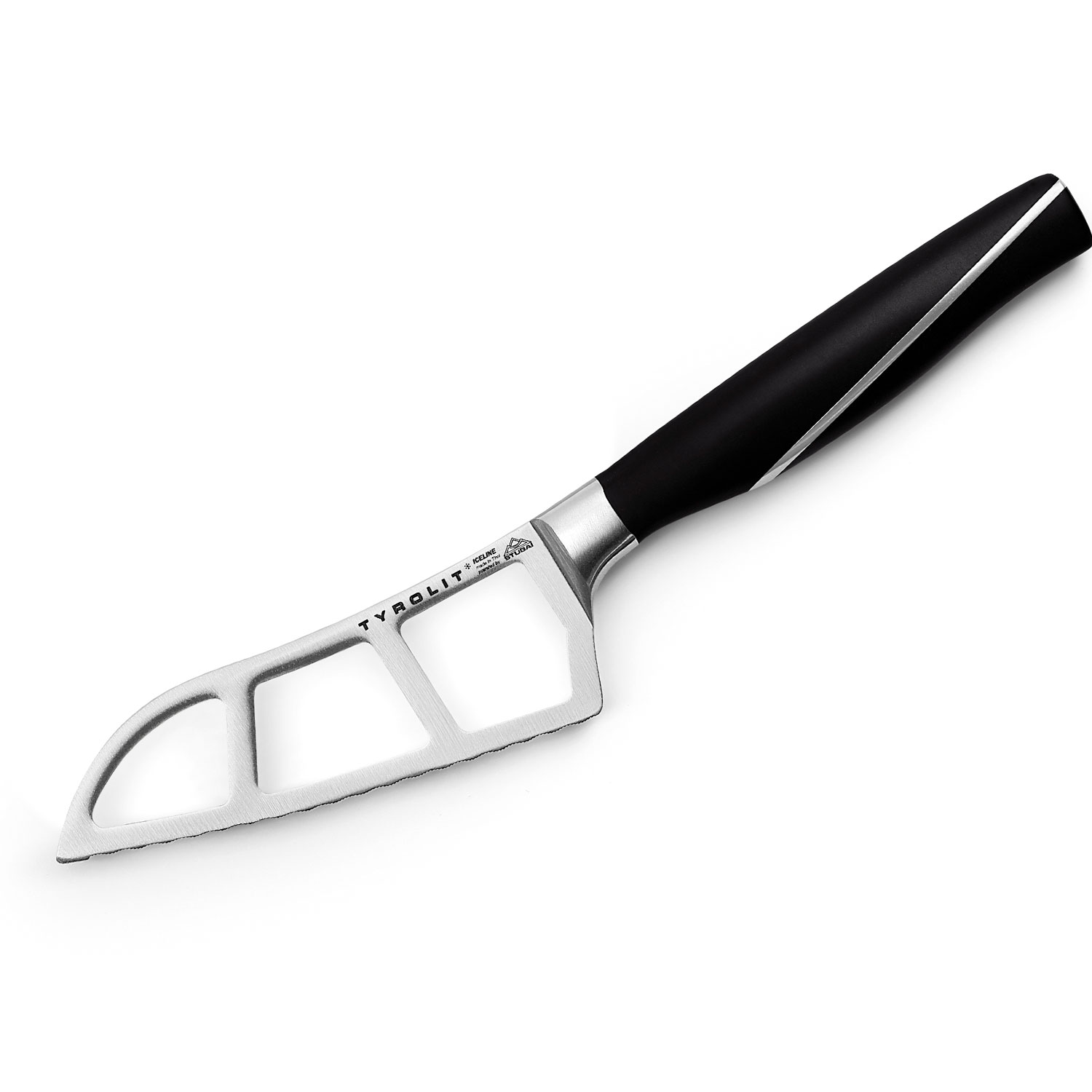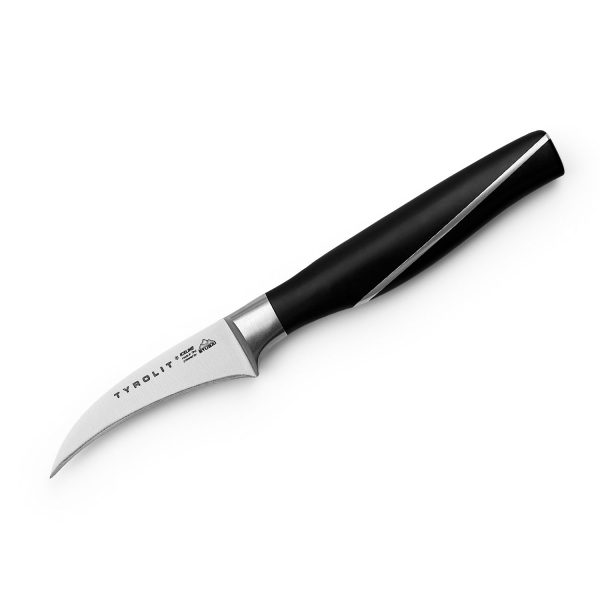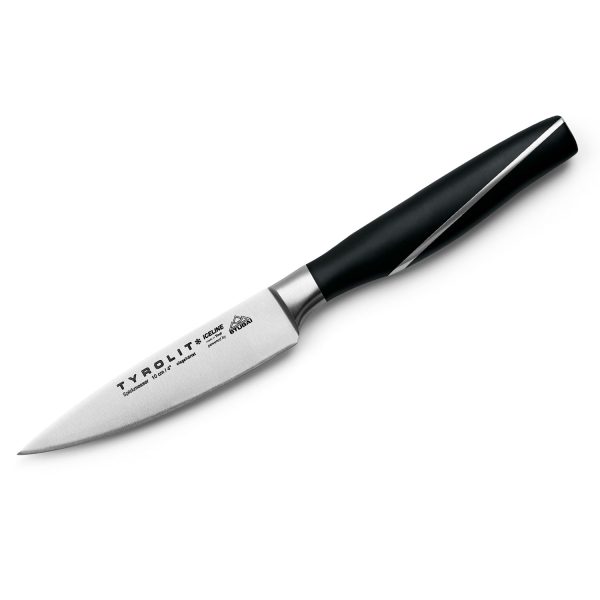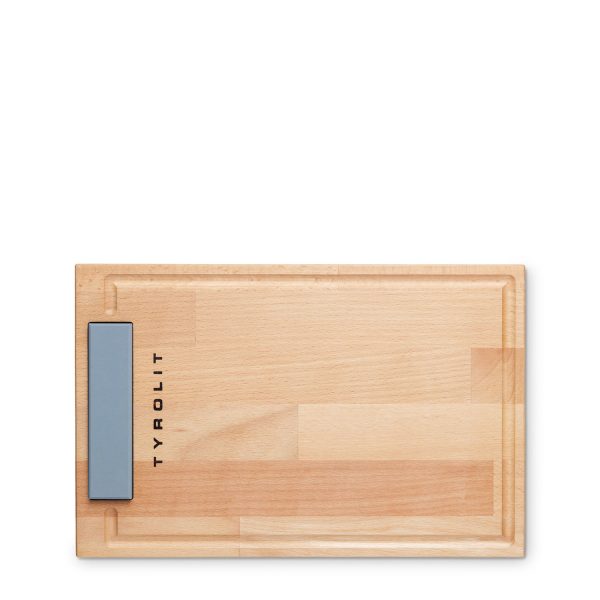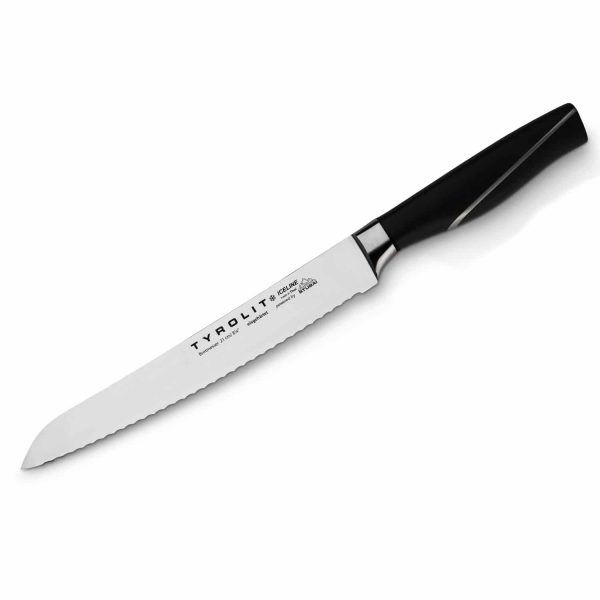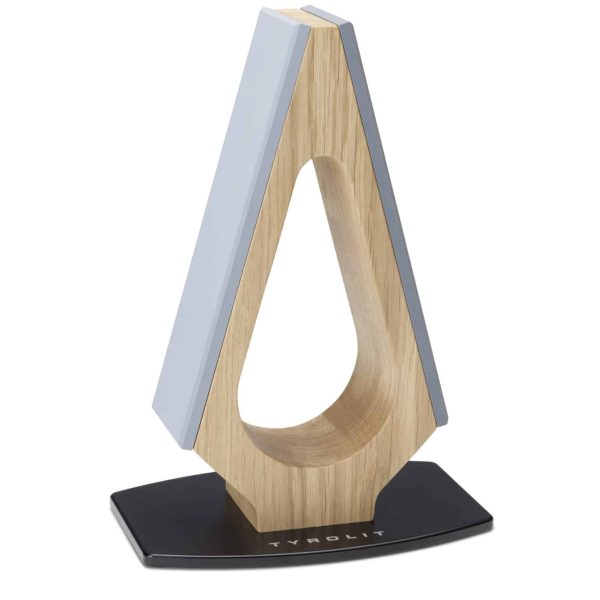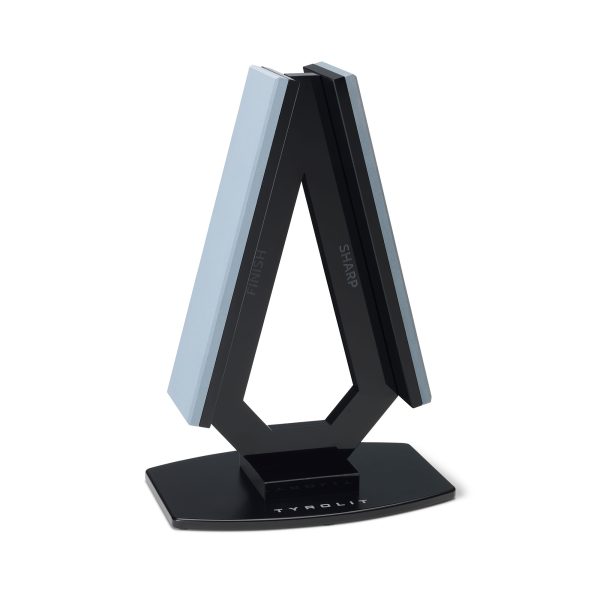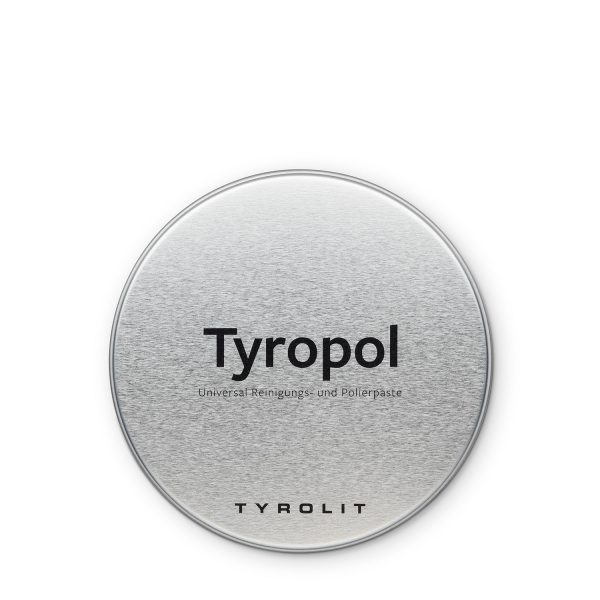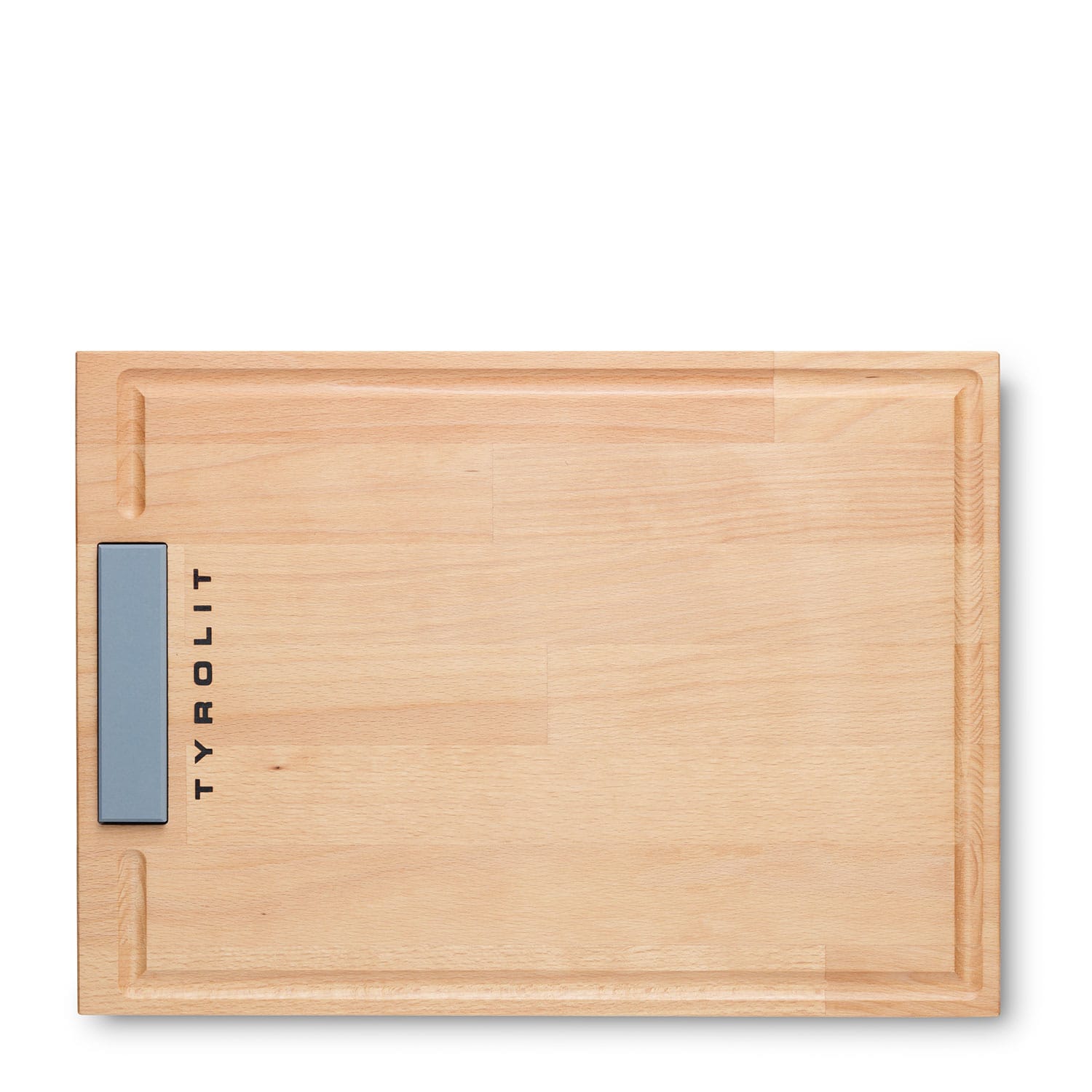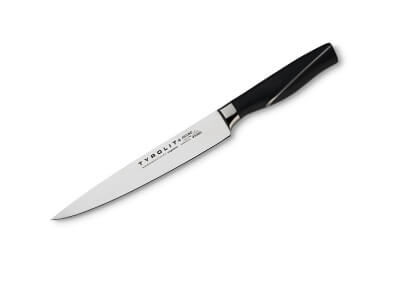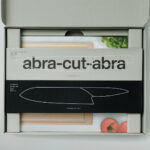Knives at a Glance: What You Should Know About Types, Materials, and Care
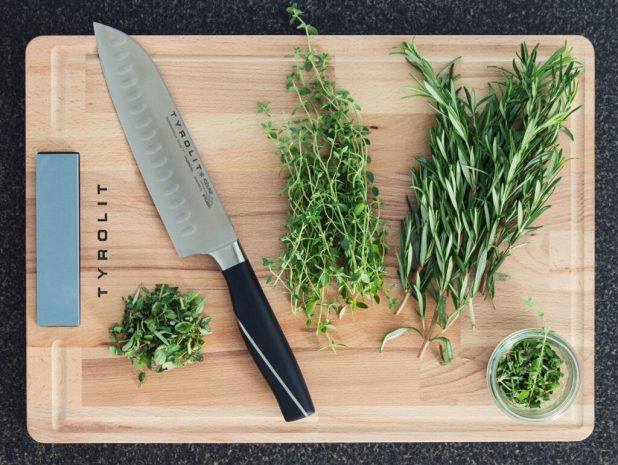
Knives are an indispensable part of our everyday lives. They have a long history, ranging from simple stone tools to sophisticated precision instruments. But what makes a good knife? What materials and blade shapes are there, and how to properly care for knives to maintain their sharpness and functionality?
In this post, we offer you a comprehensive overview of the different types of knives, the materials used and proper care. Whether you are an amateur chef looking to learn the basics or an experienced chef looking for the perfect knife, you will find all the important information here.
The history of the knife
The history of the knife goes back to the Stone Age, when humans started using stone tools for hunting and preparing food. These early knives were often crafted from flint or obsidian and served as fundamental cutting instruments.
With the discovery of metalworking in the Bronze Age and later in the Iron Age, knives evolved both in form and function. Over the centuries, knives became indispensable tools, weapons and cult objects that had different meanings and uses in different cultures around the world.
Today, knives are highly specialized tools that are used in kitchens, workshops and outdoors as well as in the operating room.
The History of the Knife – Weapon, Tool and Precision Instrument
Human history is closely linked to that of the knife. In this post, we look at important milestones – from the origins, to the materials used, to today’s precision tools.
Where knives are used
Knives are indispensable in many areas of daily life. In the kitchen, they are used for cutting, chopping and peeling food. Typical kitchen knives are the chef’s knife, vegetable knife and bread knife.
In the outdoor sector, knives like pocket knives, hunting knives, and machetes are of great significance. Outdoor knives are utilized for cutting ropes, processing wood, and much more.
Special types of knives, such as the folding knife, are also utilized in craftsmanship and gardening activities, along with specific knives designed for wood carving. Moreover, there are knives intended for particular uses, like switchblades, tactical knives, and one-handed knives, which are employed by emergency responders and military personnel. Additionally, knives are indispensable in the healthcare field, notably the scalpel in an operating room.
How is a knife constructed?
A knife is made up of several important components that together determine its functionality and efficiency. Many of these are described using traditional technical terms that have fallen out of everyday language.
Here are the most important parts of the knife:
- Tip or point
- False edge
- Blade
- Cutting edge
4.1 Bevel
4.2 Burr - Back
- Etching
- False edge
- Goitre
- Tang
- Handle or hilt
Types of Knives – The Most Important Blade Shapes
Knives come in different blade shapes, each designed for specific cutting tasks. The normal blade is versatile and is often found in chef’s knives and pocket knives. Drop-point blades, with their sloping tip, are ideal for precise cuts and outdoor activities.
Other common blade shapes include:
- Clip Point Blade
- Tanto Blade
- Sheepsfoot Blade
- Wharncliffe Blade
- Kukri Blade
- Spear-Point Blade
- Hawkbill Blade
Materials in Knife Manufacturing
The choice of materials significantly affects the performance and durability of a knife. While the blade is often made of different types of steel such as stainless steel, carbon steel or damask steel, the handle is made of wood, plastic, metal or Micarta.
Handle materials
The choice of handle material affects the ergonomics and longevity of a knife. Wooden handles provide a natural feel and aesthetic, yet necessitate regular maintenance to prevent cracks and warping. Plastic handles are low-maintenance and moisture-resistant, but they might be less comfortable in some instances.
Metal handles, often made of stainless steel, are extremely robust and hygienic, but can become heavy during extended use. Conversely, Micarta, a composite material, provides excellent grip and is highly durable, yet also more expensive to produce
Materials for Sharp Blades
Blade steel and other blade materials directly affect the sharpness, durability and care of a knife. Popular materials include:
- Damascus Steel
- Swedish steel
- Ceramic
- Stainless steel
- High-grade chromium steel
Kitchen knives: important knife shapes at a glance
There are numerous knife shapes in the kitchen, each designed for specific tasks. A distinction can be made between European and Japanese kitchen knives.
An important difference between the two knife types is the correct sharpening angle. Japanese knives are usually sharpened at an angle of between 10 and 15 degrees, which makes them sharper but also less stable. European knives, on the other hand, are usually sharpened at an angle of about 15 degrees. This gives you less sharp knives, but more stability when cutting.
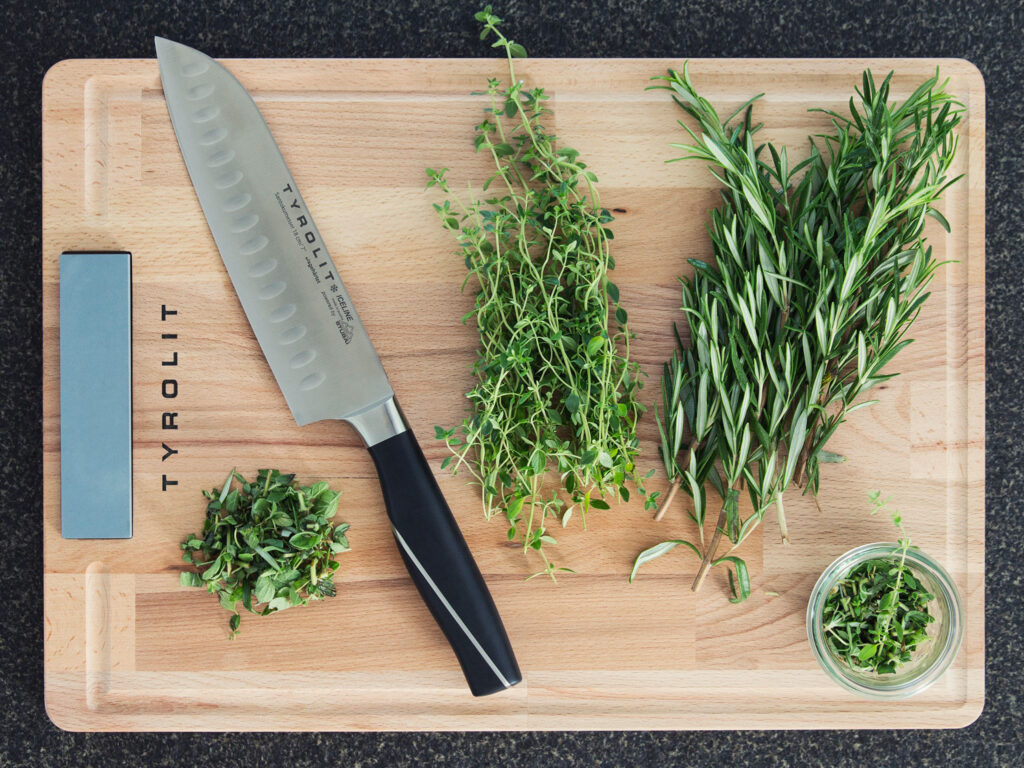
European Kitchen Knives
European kitchen knives are versatile and robust. The chef’s knife, a universal tool, is suitable for a variety of tasks such as cutting, dicing, and chopping – it is also used as an all-purpose knife. Fillet knives feature a flexible blade for precise filleting of fish and meat. Serrated bread knives, on the other hand, slice effortlessly through crispy crusts.
Steak knives are specially designed for cutting steaks; cheese knives feature special blades that prevent cheese from sticking. Paring knives are small and ideal for peeling fruits and vegetables, while larding knives and fruit knives are designed for fine tasks and larding meat.
To make sharpening European knives easier, Tyrolit Life has developed knife sharpeners with a preset sharpening angle of 15 degrees, turning knife sharpening into a routine task even for those with minimal experience.
Japanese Kitchen Knives
Japanese kitchen knives are known for their exceptional sharpness and precision. The Santoku knife, for example, is a versatile all-purpose knife for meat, fish and vegetables. Nakiri knives, on the other hand, are rectangular vegetable knives, ideal for fine chopping.
Gyuto knives are the Japanese equivalent of the European chef’s knife and are versatile; yanagiba knives, also called sashimi knives, have a long, thin blade for preparing sushi and sashimi. Deba knives, on the other hand, are sturdy knives for cutting and filleting fish, strong enough to cut through bones.
These types of knives are indispensable in Japanese cuisine and are appreciated worldwide. This has led to the fact that there are also European variants of the santoku knife, for example.
What cutting tasks is the Santoku knife suitable for?
The cutting capabilities of the Santoku knife are wide-ranging, making it a true all-rounder in the kitchen. We will show you for which cutting tasks the Santoku knives are particularly well-suited.
Help in the knife shop: Which knife is right for me?
When purchasing a knife, it’s important to take your individual needs into account. Think about the cutting tasks you frequently carry out.
A chef’s knife is a versatile all-rounder, while a serrated bread knife is ideal for bread and baked goods. A filleting knife is suitable for precise filleting of fish and meat. If you often cut vegetables, a santoku knife or nakiri knife is ideal. Pay attention to the blade length and the materials used to ensure comfort and durability.
In our online shop you will find a large selection of different kitchen knives and practical accessories. Whether individually or in a knife set: The high-quality kitchen knives from Tyrolit Life convince both amateur and professional chefs.
How to care for knives?
Proper care of knives is the basis for maintaining their sharpness and longevity. Well-maintained knives cut more precisely and safely, making it easier to work in the kitchen and extending the life of the knives. Knife care includes various aspects: proper use, thorough cleaning, safe storage and regular sharpening.
A common misconception is that high-quality knives do not require special care. However, even the best kitchen knives must be used correctly, cleaned and sharpened to preserve their cutting properties.
Im nächsten Abschnitt erfahren Sie, wie Sie Ihre Messer richtig verwenden, reinigen und aufbewahren.
Using, Cleaning, and Storing Knives Correctly
For the proper use of kitchen knives, selecting the right cutting surface is essential. Cutting boards made of wood or plastic are ideal, as they protect the blade and offer a secure work area. Hard surfaces like glass or stone can dull the blade quickly and should be avoided.
When cleaning, hand wash with warm water and mild detergent is recommended. Dry the knife immediately to prevent rust formation. Avoid using a dishwasher as aggressive cleaning agents and high temperatures can damage the blade and handle.
The safe and gentle storage of knives is best done in a knife block, a magnetic strip or special blade protection covers. These storage methods protect the blade from damage and ensure safety in the kitchen.
Sharpening knives – the angle matters
Regularly sharpening your knives is essential to maintain their cutting performance. The right sharpening angle is crucial: with European knives, this is usually about 15 degrees, while Japanese knives are often sharpened at 10 to 15 degrees.
Use a whetstone or knife sharpener to maintain the edge. Begin with a coarse grit to remove material, then switch to a fine grit for finishing. Afterwards, clean both the knife and the whetstone and store them away.
Many knife sharpeners – including those from Tyrolit Life – are equipped with a preset sharpening angle. With an angle of 15 degrees, the Tyrolit Life knife sharpener makes it easy to sharpen most European knife types.
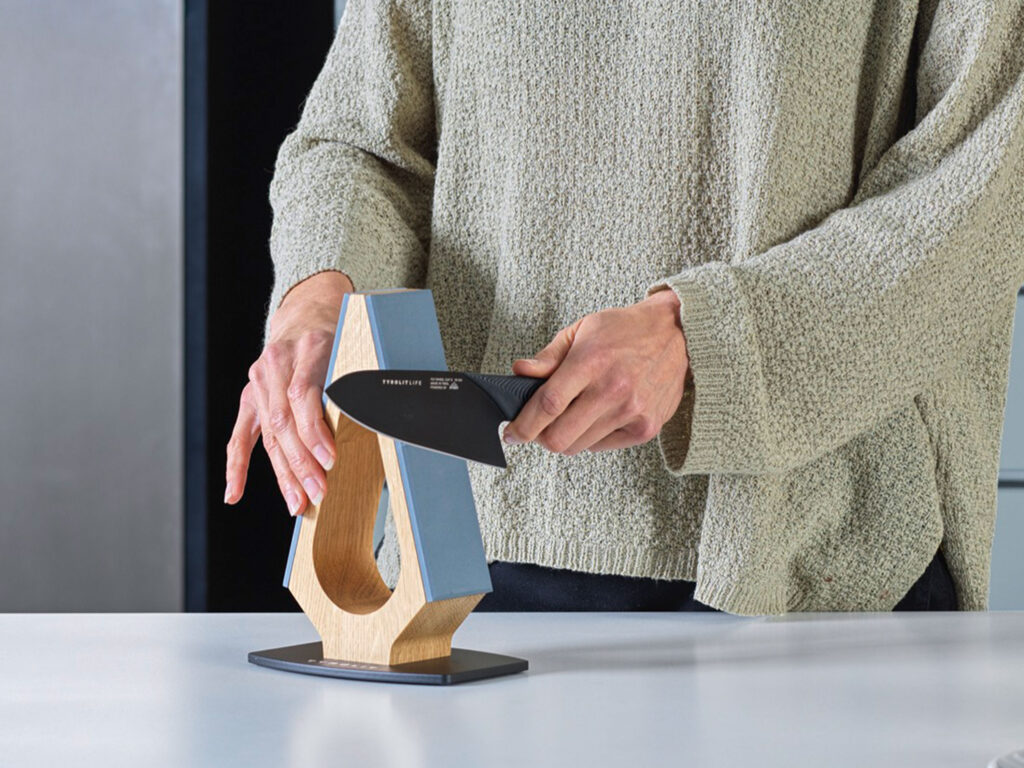
High-quality kitchen knives and accessories from Tyrolit Life
Tyrolit Life offers an outstanding selection of kitchen knives and accessories that are ideal for both amateur and professional chefs. Tyrolit Life knives are characterized by their excellent quality, durability and precise cutting properties – both the classic Iceline and the striking Darkline knife series.
The Iceline knife series from Tyrolit Life is made of high-quality stainless steel 1.4116, which is ice-hardened several times to achieve a hardness of 56 HRC. This special hardening technology ensures exceptional cutting durability and makes the knives particularly durable.
Iceline knives offer a perfect balance between flexibility and hardness, making them ideal for a variety of cutting jobs in the kitchen. They are easy to care for and retain their sharpness over long periods of time, making them suitable for both daily use and more demanding culinary tasks.
The Darkline knife series, on the other hand, utilizes high-end stainless chrome steel, enriched with specialized alloy additives. These knives achieve a hardness of 60 HRC, providing exceptional edge retention and longevity. The blades of the Darkline series are also equipped with a special coating that minimizes the adherence of cut material, making cutting more efficient and enjoyable. An additional benefit of this series is its ergonomic Micarta handle, which ensures a secure grip in both wet and dry conditions, making handling easier.
In addition to the high-quality knives, Tyrolit Life also offers a variety of practical accessories that make it easier to care for and store your knives:
- Whetstones and knife sharpeners: With preset sharpening angles of 15 degrees, Tyrolit Life knife sharpeners make it easy to sharpen your knives. They are equipped with different grits (400 and 800) to allow both coarse and fine sharpening of your blades.
- Knife block with integrated whetstone: These innovative knife blocks not only offer safe and stylish storage of your knives, but also the possibility to sharpen the blades directly on the block. As a result, your knives are always ready for use and sharp.
- Cutting boards with integrated whetstone: The cutting boards from Tyrolit Life, made of high-quality beech wood, protect the blades of your knives and are also equipped with integrated whetstones, so that the knives can be sharpened at the same time.
With high-quality kitchen knives and the matching accessories from Tyrolit Life, you are well equipped to achieve optimal results in the kitchen at all times. The combination of innovative technology, high-quality materials and functional design meets the highest standards.

